The Hardest Broadway Ticket to Score the Year You Were Born
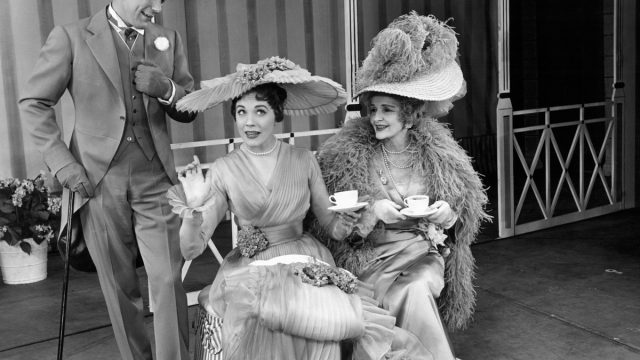
Playing to a sold-out house and receiving standing ovations night after night is always the goal for a Broadway show, but it’s rarely the reality. Even the plays and musicals that earn Broadway’s biggest honor—a coveted Tony Award—are not always the ones that bring in the biggest crowds. The Wiz, for example, almost closed after its first week on Broadway in 1975!
But every year, there are the choice few shows that garner tons of buzz, leaving theater lovers clamoring to see the live music and drama, no matter the ticket cost. To celebrate those rare Great White Way wins, we’ve rounded up the Broadway shows that really resonated with theatergoers year after year—whether it was because of the big-name stars on the Playbill, the catchy tunes, or the legendary teams behind them. Find out which Broadway show you would have had a hard time securing a ticket to the year you were born, from 1947 all the up through 2000.
1947: Finian’s Rainbow
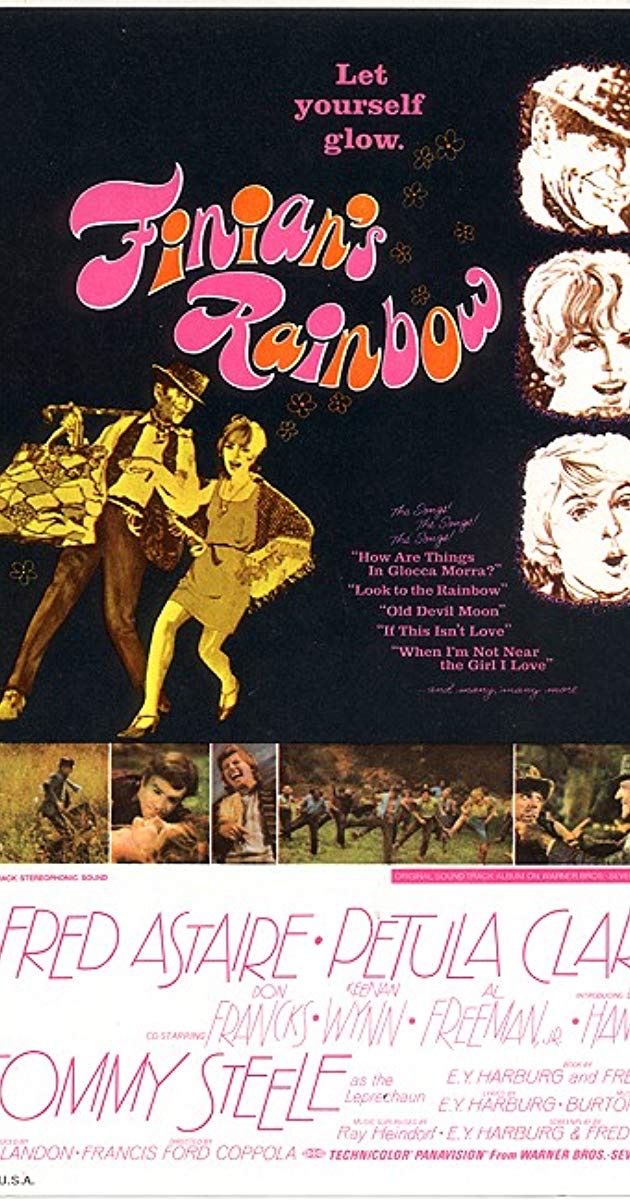
This Irish-tinged musical gained the adoration of many theatergoers when it first opened in 1946. The following year, it earned two Tony Awards at the inaugural ceremony, which only made its fan base grow larger. The musical ran for 725 performances to keep up with the demand—for comparison, other award-winning shows that season had less than 200 performances. Two decades later, Finian’s Rainbow spawned a film starring Fred Astaire in 1968 (pictured here), and the musical has had several revivals since.
1948: Mister Roberts
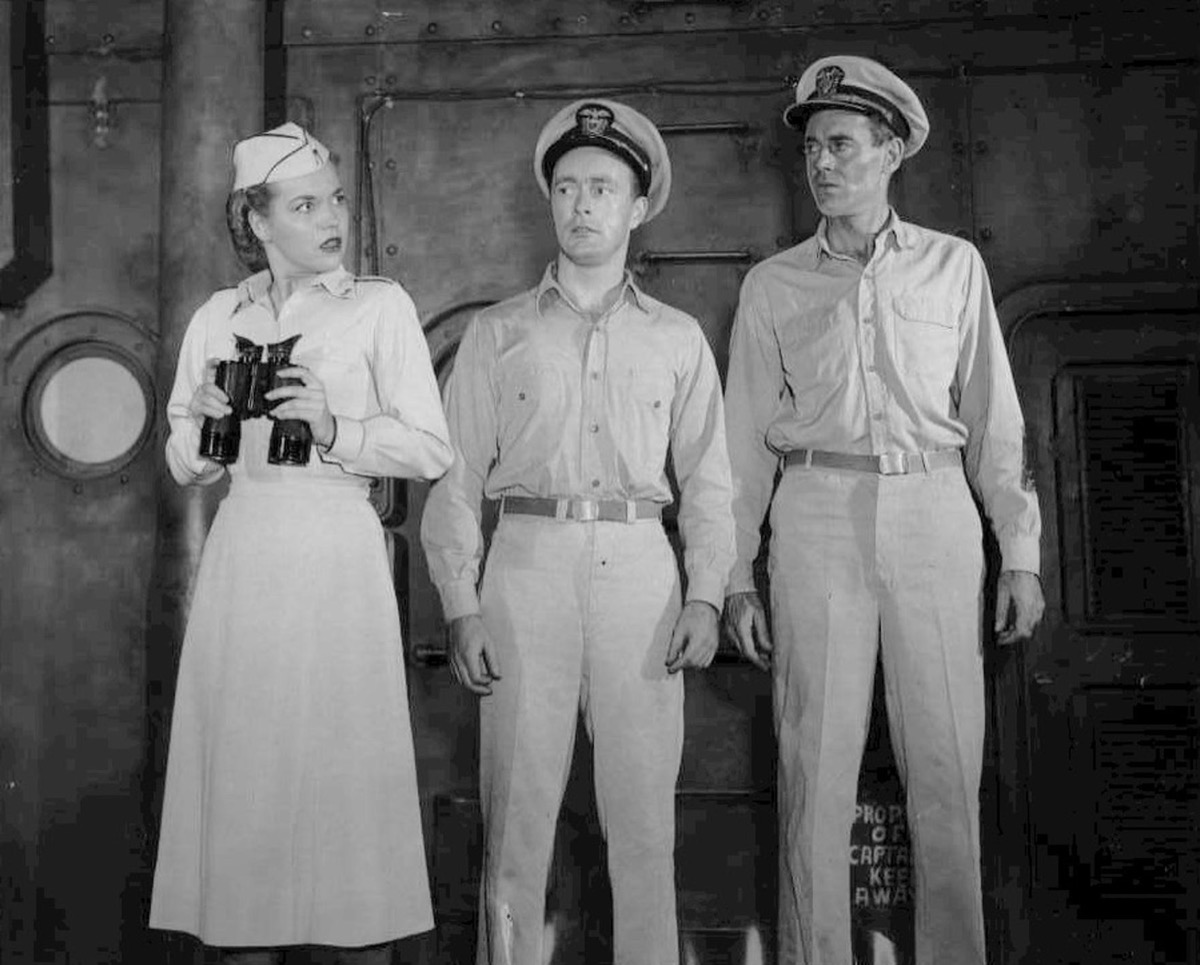
Mister Roberts had a successful three-year run from 1948 to 1951, but it was something special right out of the gate. Star Henry Fonda fought to get out of a movie contract just to land the lead role of Lieutenant Doug Roberts—a choice well made as he went on to win Best Actor at the Tonys for his performance. The play also won the Tony Awards for Best Director and Best Play, so unsurprisingly, it also had a film adaptation (for which Fonda revived his role).
1949: Death of a Salesman
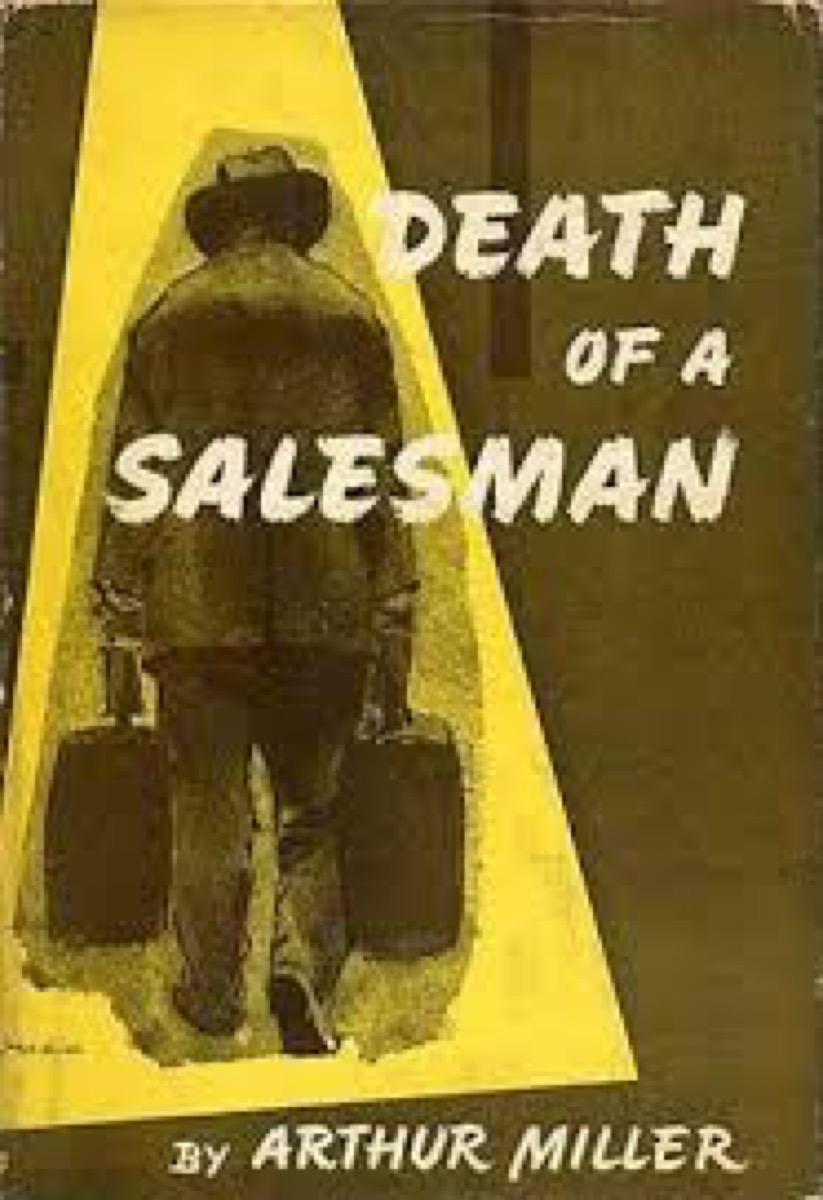
Arthur Miller’s Death of a Salesman was not only a hit in the Broadway world—winning five Tonys, including Best Play, in 1949—but it also won Miller a Pulitzer Prize for Drama. In its opening week, The New York Times called it a “superb,” “rich,” and “memorable” drama. An obvious fan favorite, its initial run lasted 742 performances. But viewers of every generation have had the chance to see this captivating play as it’s been revived multiple times over the years.
1950: South Pacific
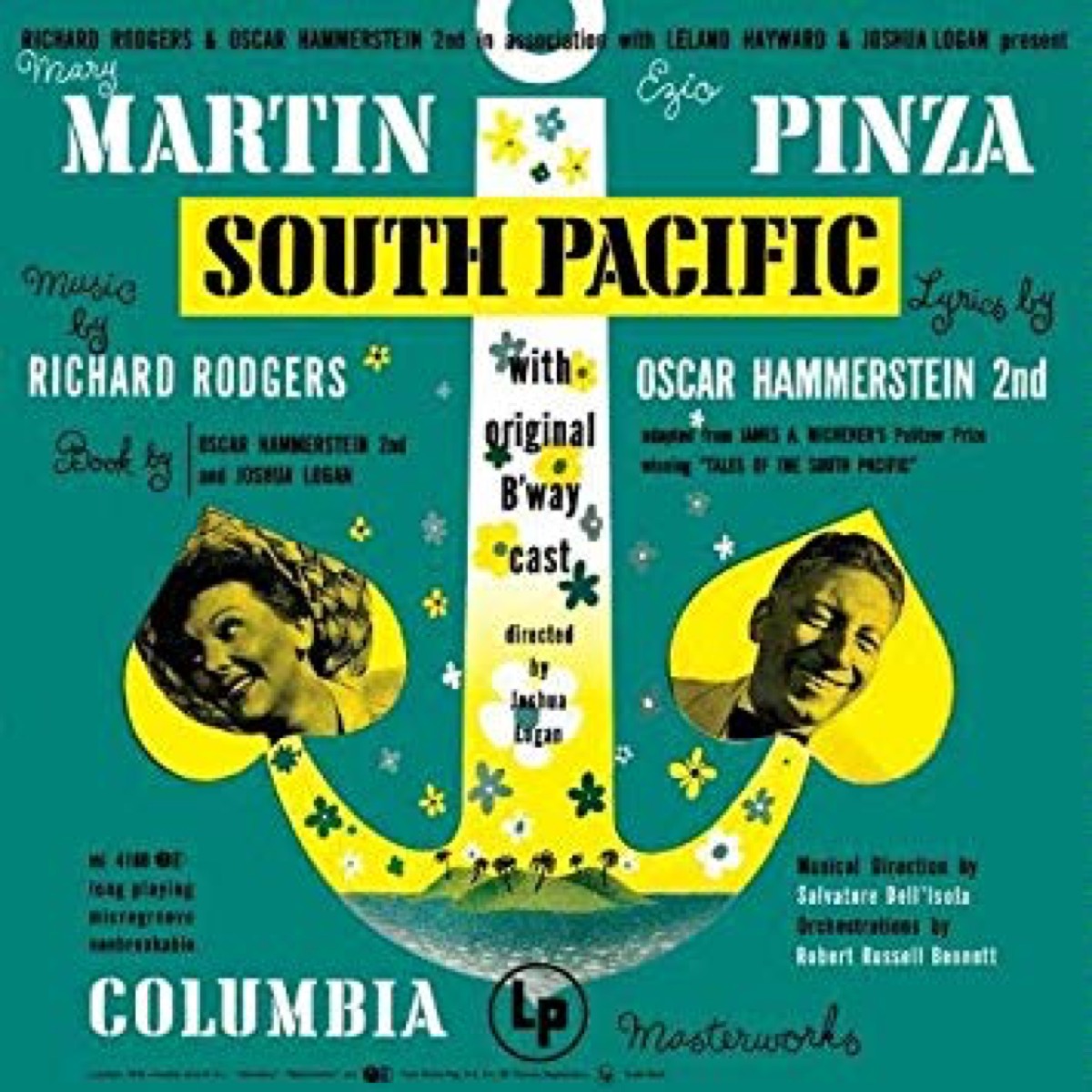
South Pacific, based on the 1947 novel Tales of the South Pacific, was an early creation of the revered Broadway duo Rodgers and Hammerstein—best known for Oklahoma! at the time.
But South Pacific became its own Broadway beast. The musical won a staggering 10 Tony Awards in 1950 and is the only musical in history to dominate all four acting categories: Best Actor (Ezio Pinza), Best Actress (Mary Martin), Best Supporting Actor (Myron McCormick), and Best Supporting Actress (Juanita Hall). The original production ran for nearly five years, with nearly 2,000 performances. Needless to say, it was a massive hit.
1951: Guys and Dolls
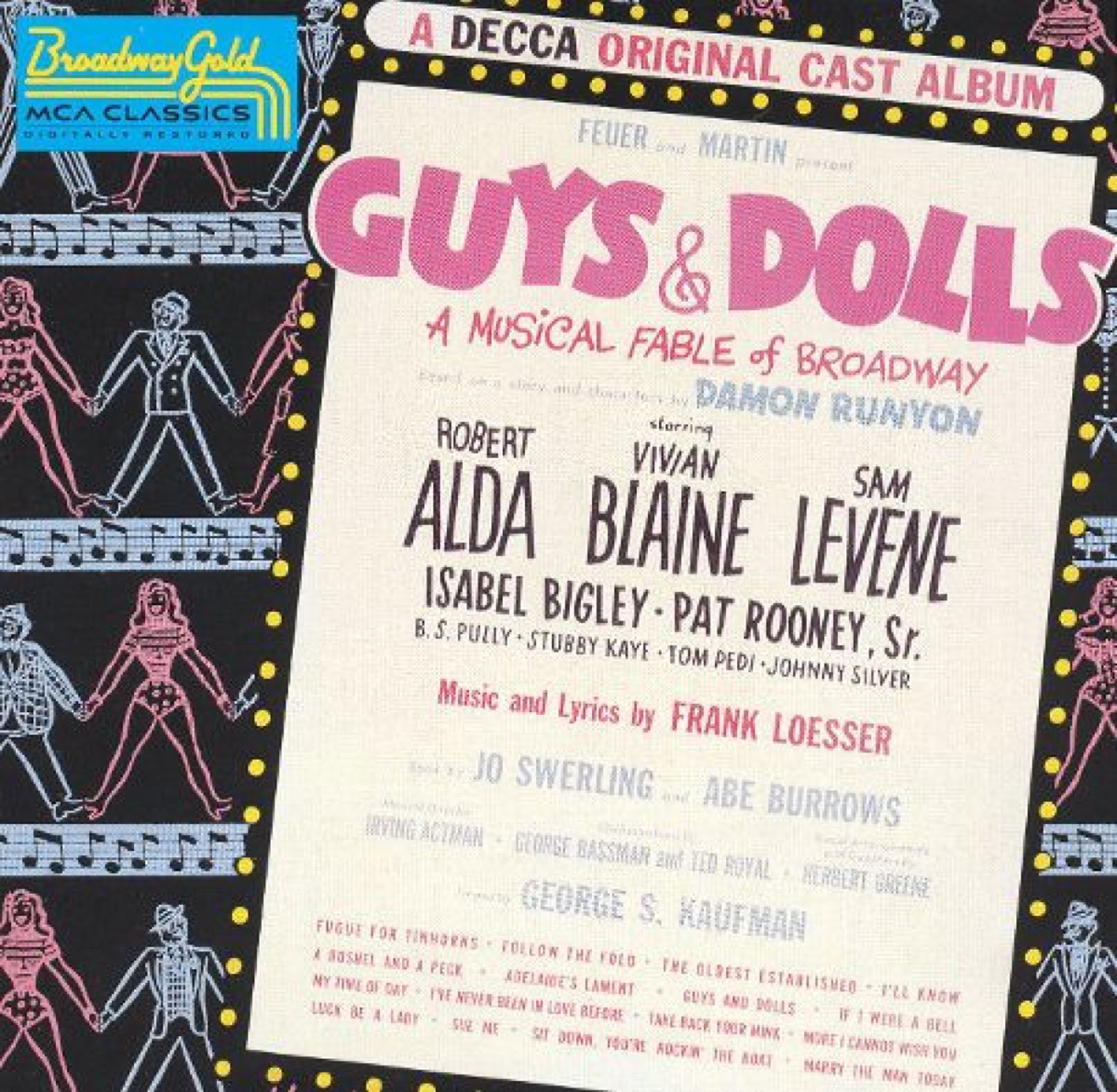
Guys and Dolls opened on Broadway at the end of 1950. It garnered tons of love throughout its first full year on stage in 1951, following rave reviews from notable theater critics. “The big trouble with Guys and Dolls is that a performance of it lasts only one evening, when it ought to last about a week,” wrote New York Daily News critic John Chapman. “In all departments, Guys and Dolls is a perfect musical comedy.” The demand to see Guys and Dolls only grew when it was awarded Best Musical at the 1951 Tony Awards.
1952: The King and I
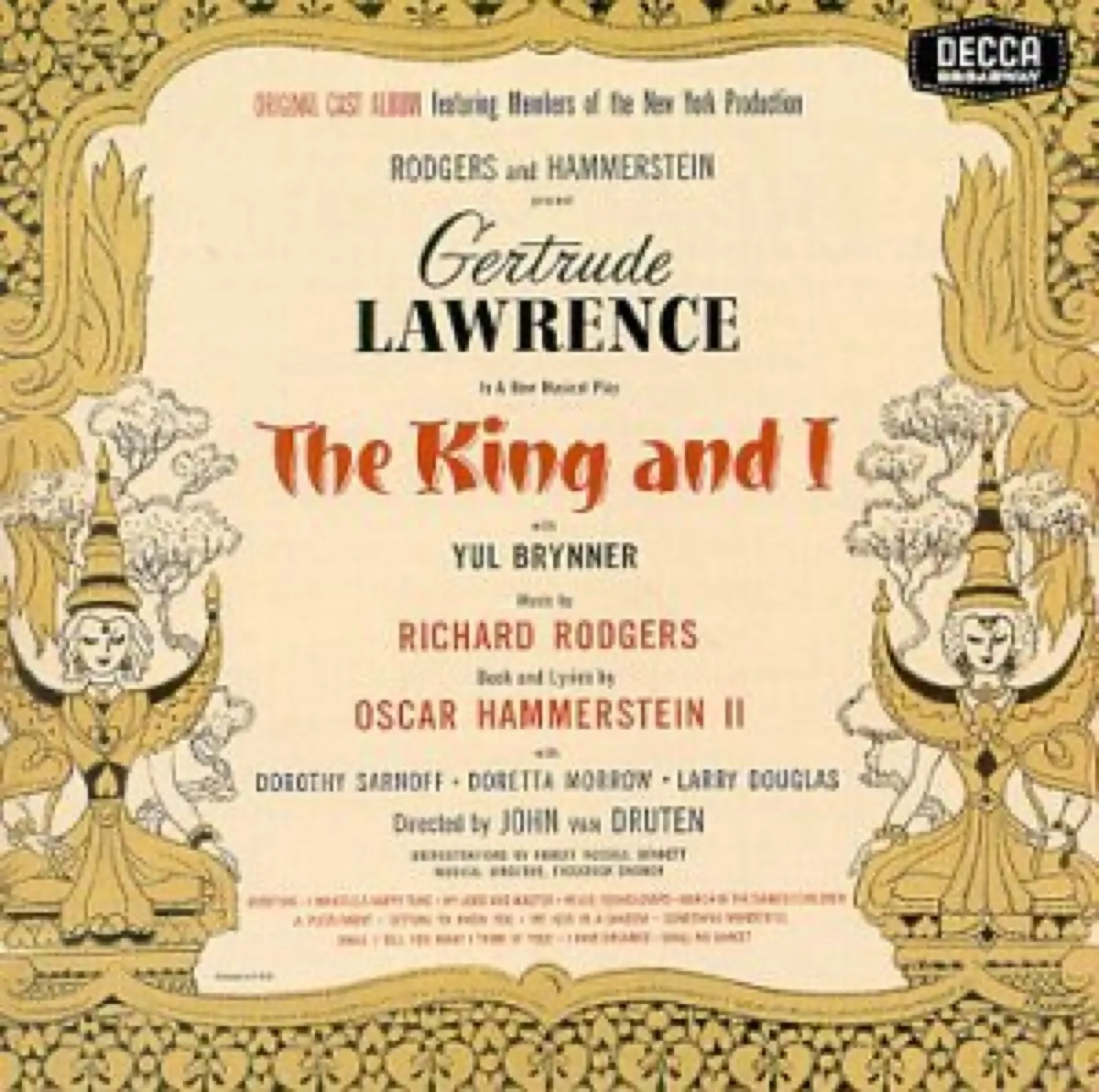
Rodgers and Hammerstein’s adaptation of Margaret Landon’s 1944 novel Anna and the King of Siam was something new for the pair: It was their first time creating a show centered around an already well-known star, Gertrude Lawrence, who actually brought the project to them.
The King and I was well received by both critics and theatergoers, eventually winning the Tony for Best Musical in 1952. It also won the Tony for Best Musical Revival in both 1996 and 2015—a clear indication that Rodgers and Hammerstein did Landon and Lawrence justice.
1953: Wonderful Town
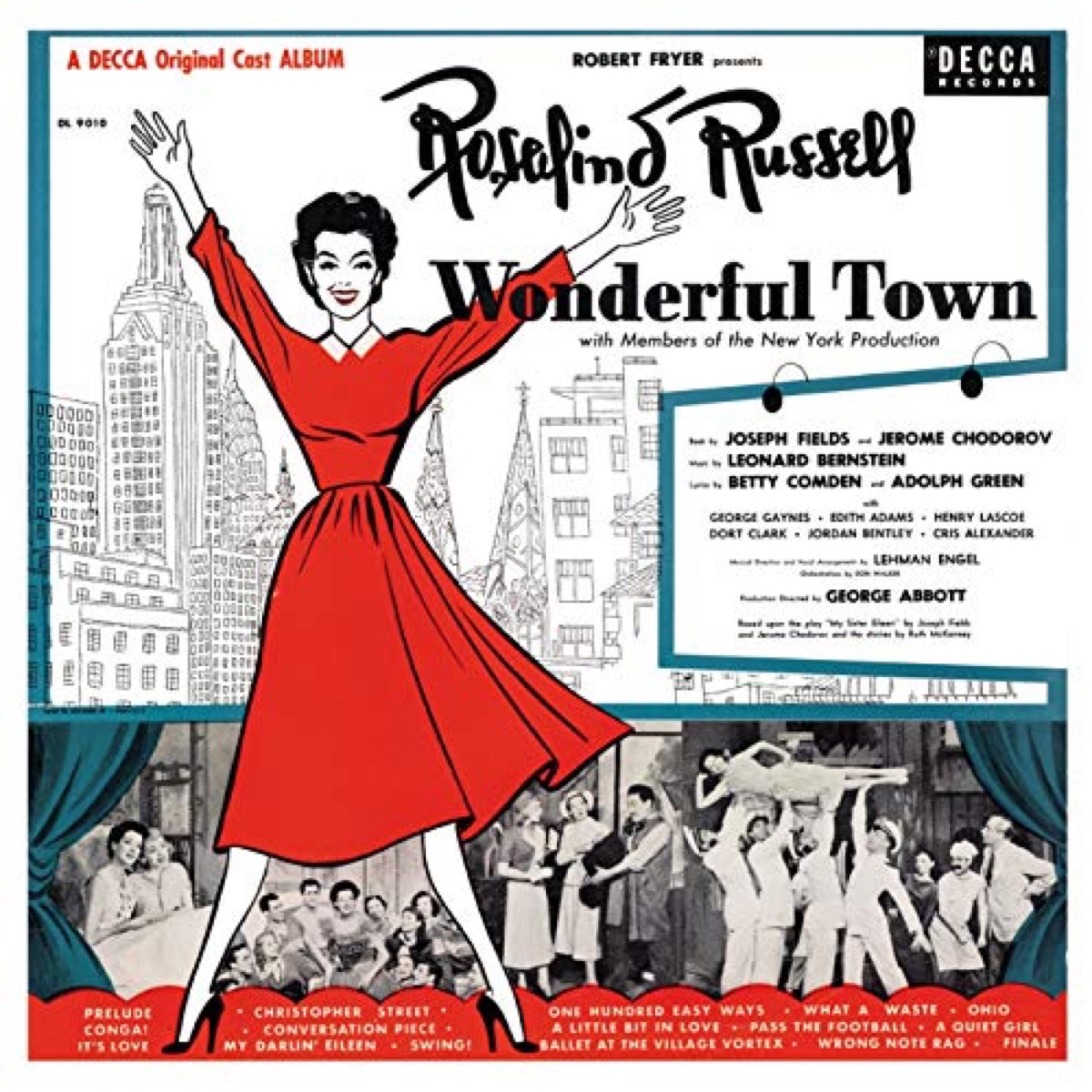
The music for Wonderful Town came from future West Side Story composer Leonard Bernstein. Set in New York City, the musical—inspired by the play My Sister Eileen—tells the story of sisters Ruth and Eileen who move to the city from Ohio with big dreams. After the show’s original composer was let go five weeks before opening night, Bernstein was brought in to rework the entire musical in a matter of a month. It all paid off though—Wonderful Town won five Tony Awards in 1953, including Best Musical.
1954: The Teahouse of the August Moon
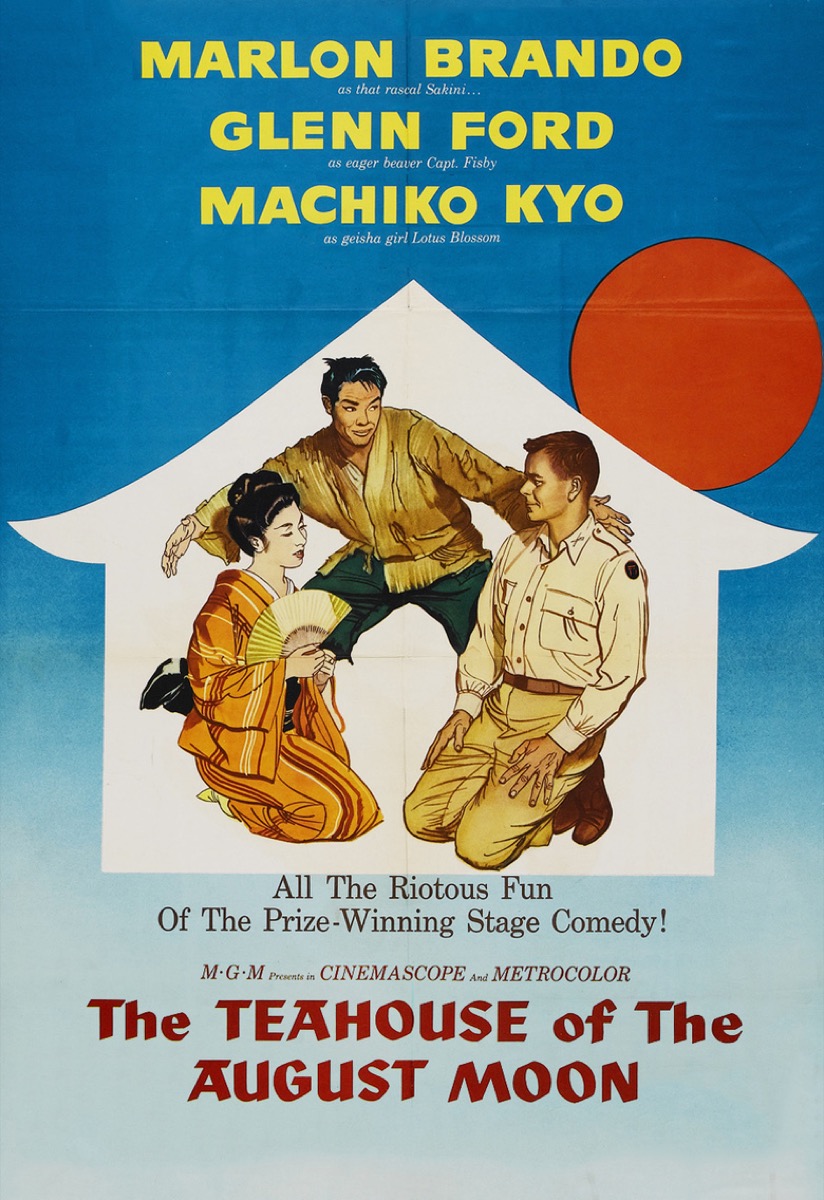
John Patrick’s The Teahouse of the August Moon opened at the end of 1953, and ran for more than 1,000 performances. The following year, it won five Tony Awards, including Best Play, New York Drama Critics Circle’s Best American Play, and the Pulitzer Prize for Drama. The play was such a hit, it even spawned a 1956 film starring Marlon Brando (pictured here), and a 1970 musical, Lovely Ladies, Kind Gentleman.
1955: The Pajama Game
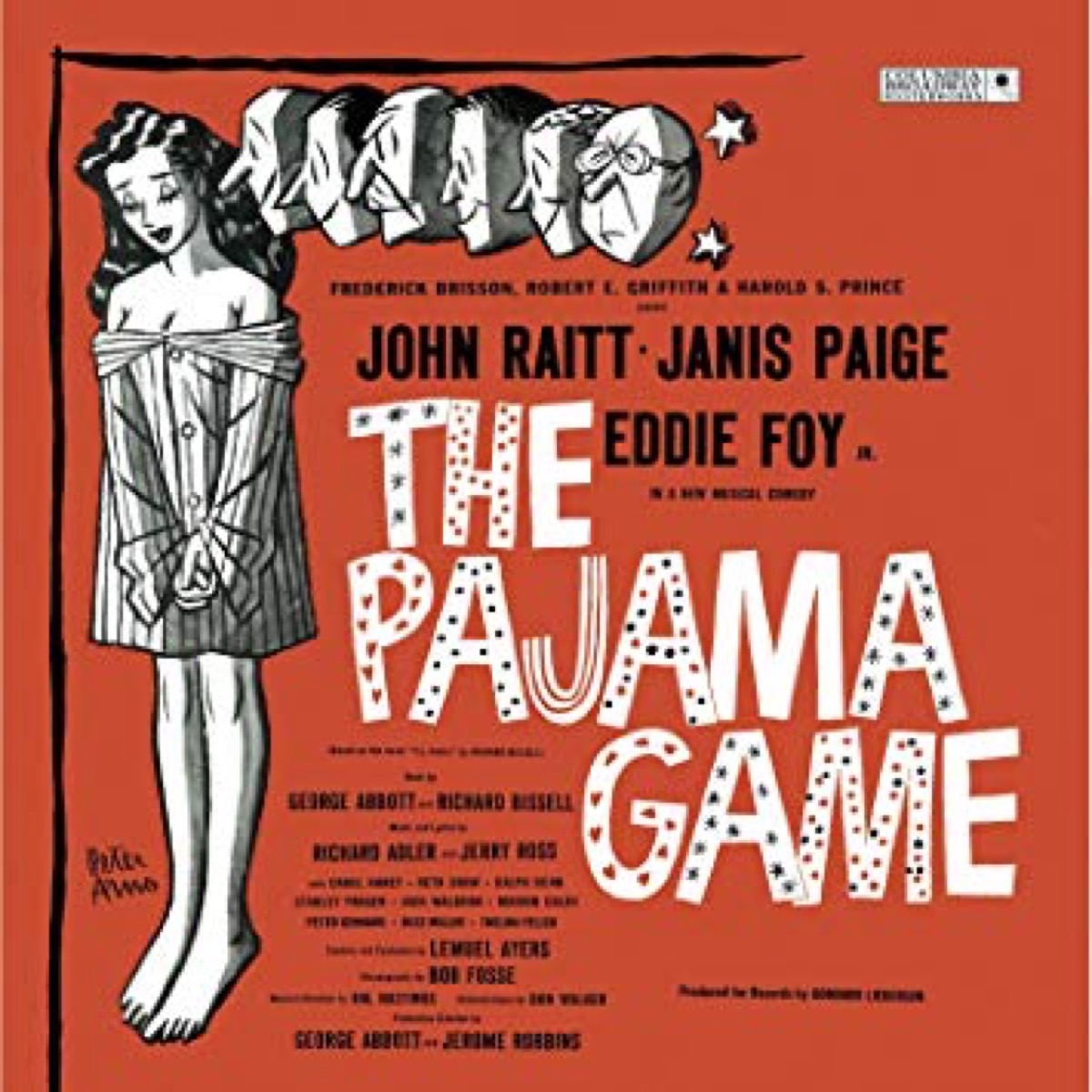
The Pajama Game is a musical based on the 1953 novel 7½ Cents, a story detailing the labor troubles in a pajama factory. The musical’s claim to fame was jumpstarting the career of actress Shirley MacLaine. Relatively unknown at the time, MacLaine was just an understudy, but took on the role of Gladys one night when the original actress, Carol Haney, was unable to perform. Luckily for MacLaine, her performance caught the eye of film producer Hal B. Wallis, who just happened to be in the audience. He quickly signed her to a seven-year contract for Paramount Pictures and the rest is definitely Hollywood history. In addition to the smash hit that MacLaine became, the musical proved to be a success in its own right, winning three Tonys in 1955, including Best Musical.
1956: My Fair Lady
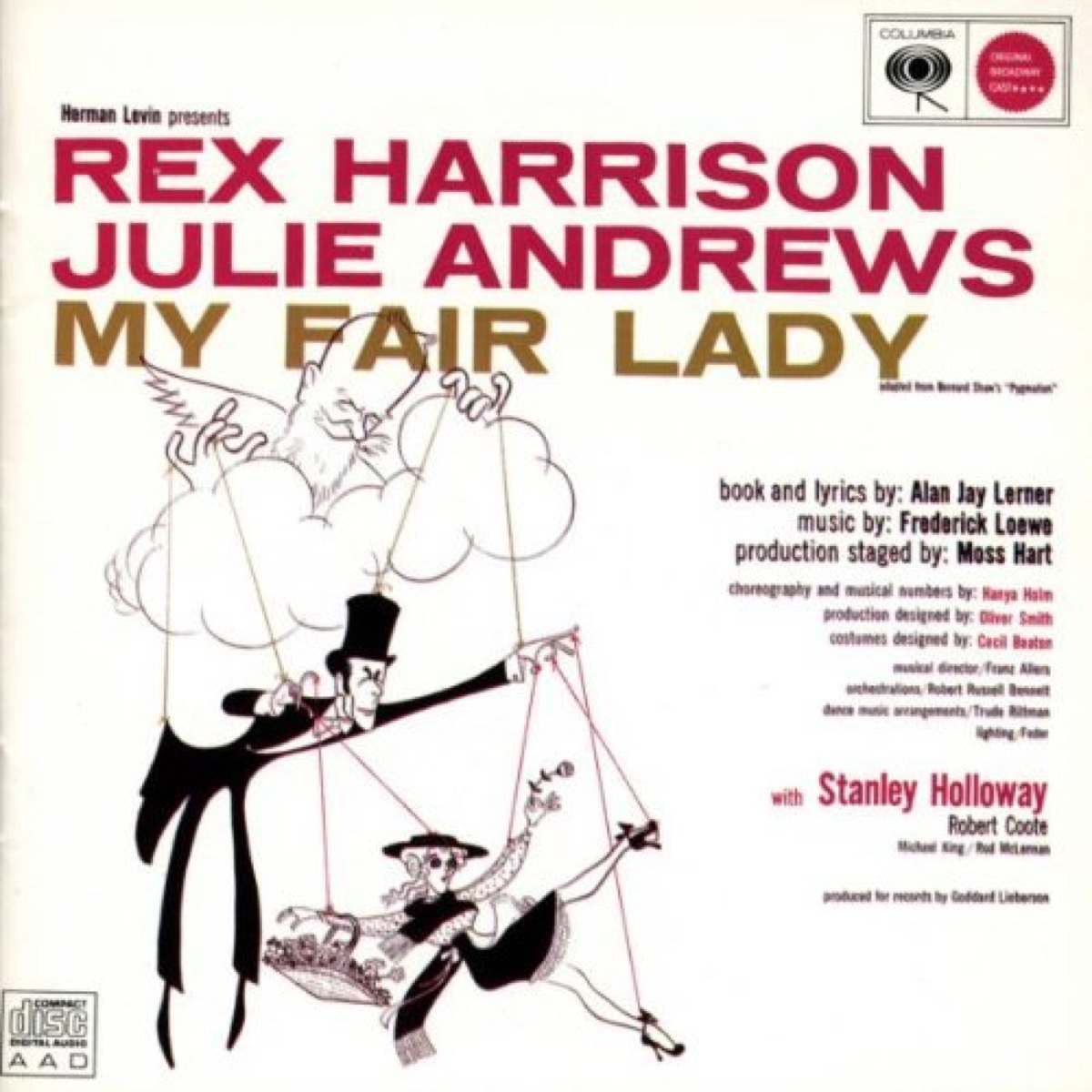
The original 1956 Broadway production of My Fair Lady featured the then up-and-coming, now-notable Julie Andrews, but that’s not the only reason it was a hit. Alan Jay Lerner based My Fair Lady on George Bernard Shaw’s Pygmalion. Many, including Rodgers and Hammerstein, attempted but eventually abandoned adapting the famous work, deeming it “impossible.” But Lerner ended up doing it with great success. In fact, My Fair Lady was once referred to as the “perfect musical.”
It won six Tonys in 1957, and the show’s original cast recording was the best-selling album in the United States that year. By its third year on Broadway, My Fair Lady set a record, becoming the highest-grossing Broadway show of all time, making $10 million. And soon, it was adapted into an Oscar-winning film, starring Audrey Hepburn, in 1964.
1957: West Side Story
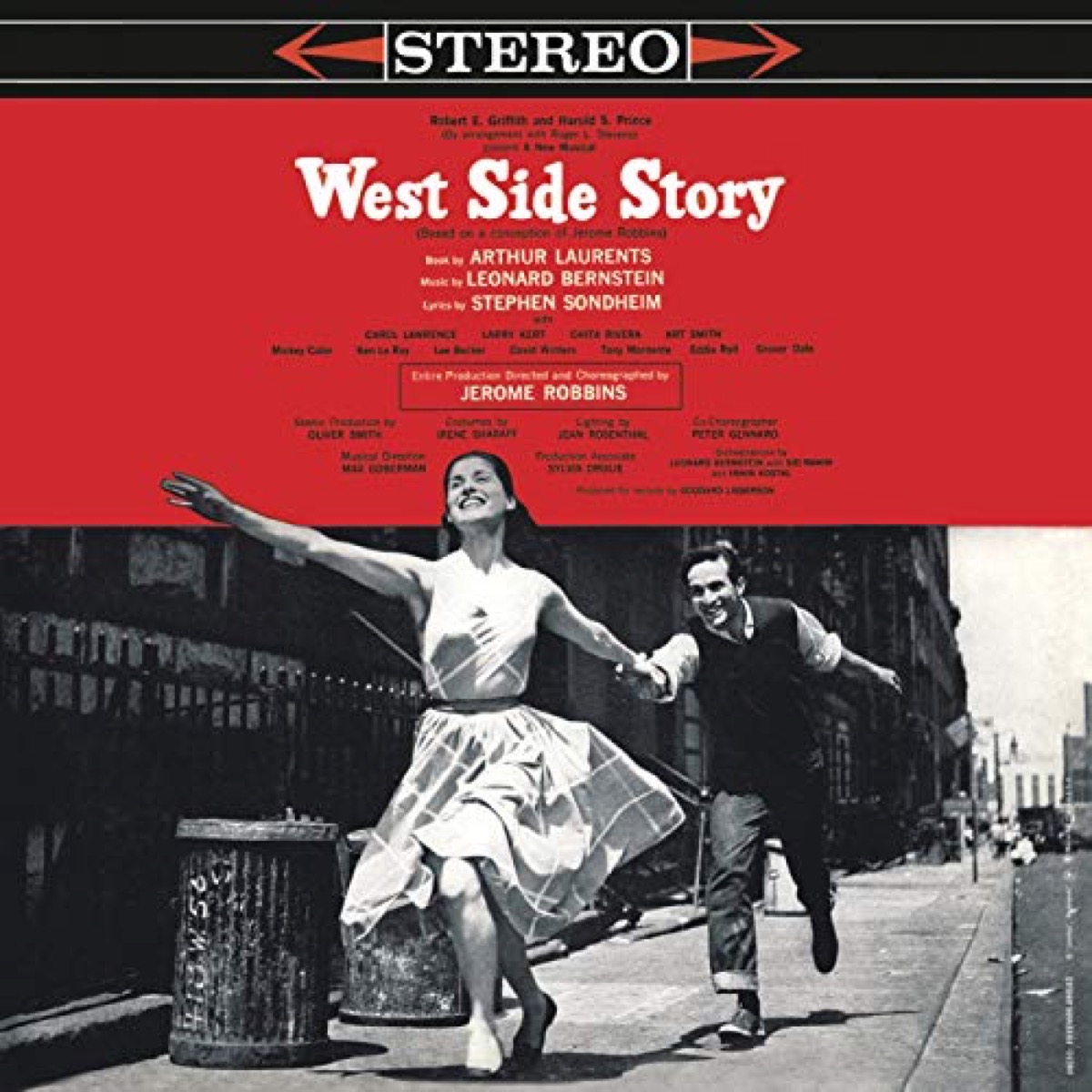
Inspired by Romeo and Juliet, the musical West Side Story explores the rivalry between two street gangs—the Sharks and the Jets. The musical did not come without struggle, however, with producers dropping out, creative teams having prior commitments, budget cuts, and more. “Everybody told us that [West Side Story] was an impossible project,” composer Leonard Bernstein said. That so-called “impossible project” ended up becoming one of Broadway’s greatest works. Despite its success, West Side Story ended up losing the Best Musical Tony Award to The Music Man in 1958. But it still won two Tonys for Best Choreographer and Best Scenic Designer.
1958: The Music Man
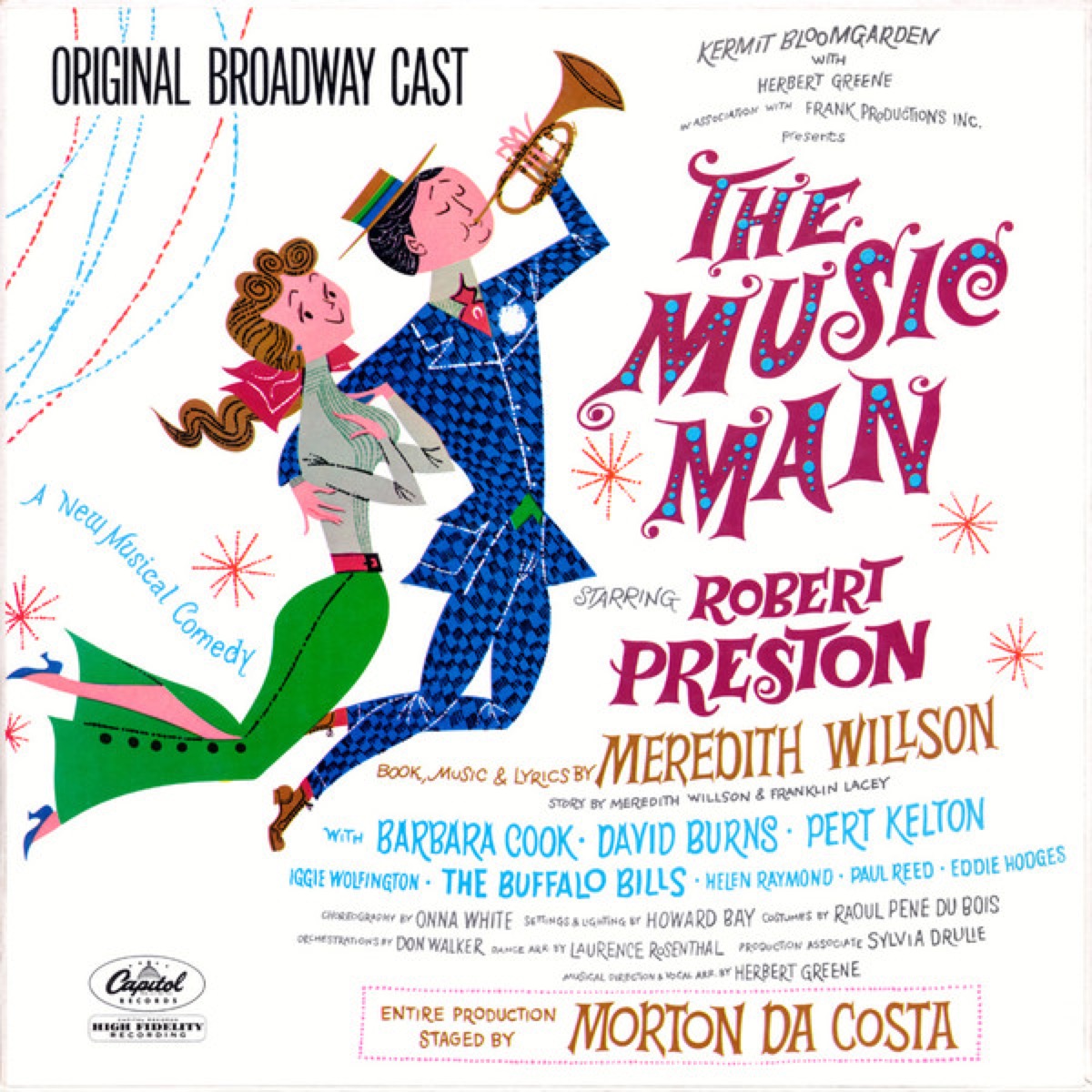
Meredith Willson’s The Music Man was the composer’s first Broadway musical—he was previously working on music for the big screen—and it took him nearly eight years to complete the project. But his hard work definitely paid off. The New York Times’ Brooks Atkinson called the musical “as American as apple pie and a Fourth of July oration.” It won five Tony Awards in 1958, including Best Musical, and it’s being revived in 2020 with Hugh Jackman in the starring role.
1959: The Sound of Music
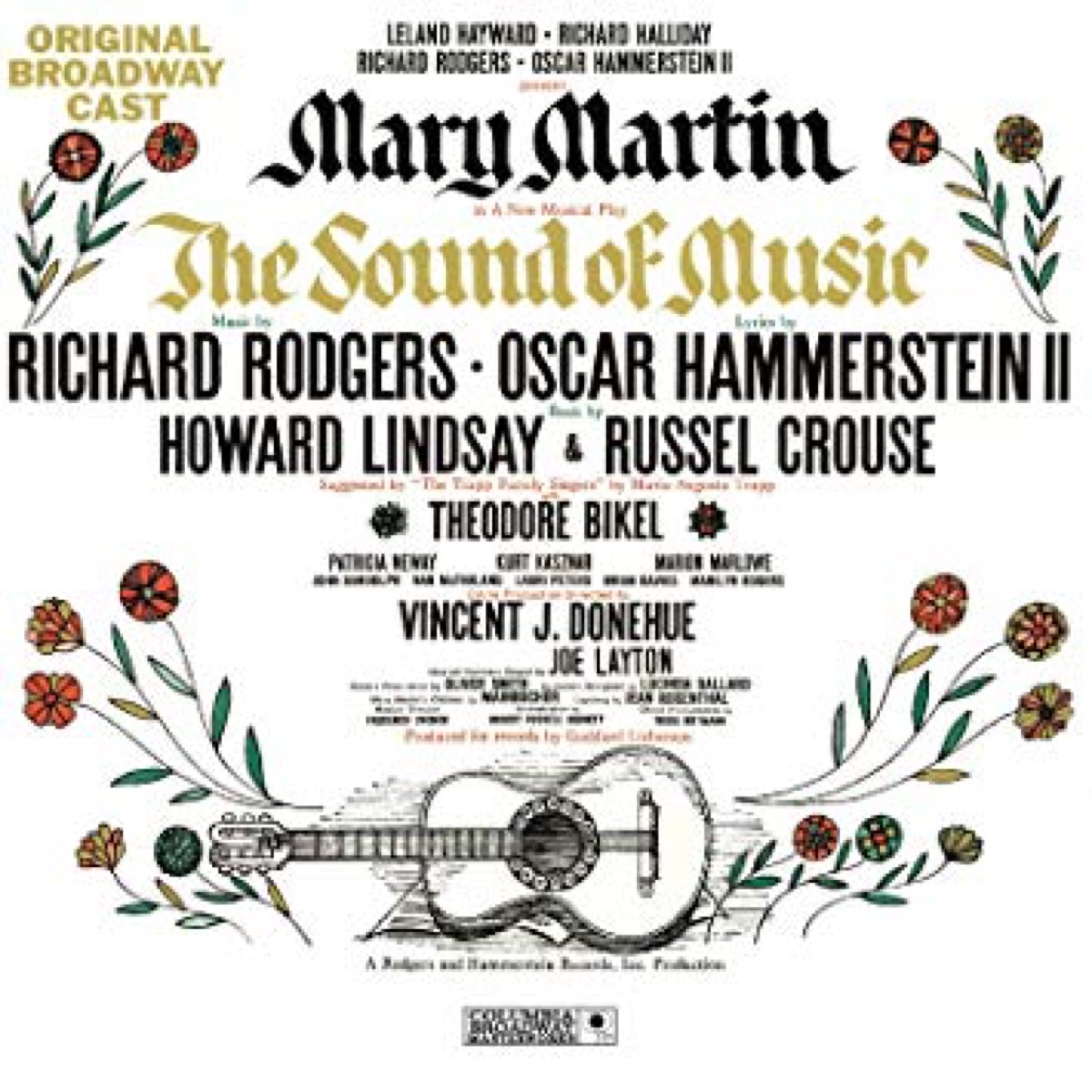
The Sound of Music was the last creation of Rodgers and Hammerstein before Oscar Hammerstein died in 1960. There was so much excitement about the musical, it reportedly sold $2 million in advance ticket sales before the curtain even went up on opening night. The show, which saw Broadway star Mary Martin play Maria von Trapp, went on to win five Tonys, including tying for Best Musical. And the excitement didn’t stop there—the cast album ended up selling 3 million copies worldwide. As you know, The Sound of Music was adapted into a 1965 film featuring Julie Andrews—which further cemented its place in pop culture history.
1960: Bye Bye Birdie
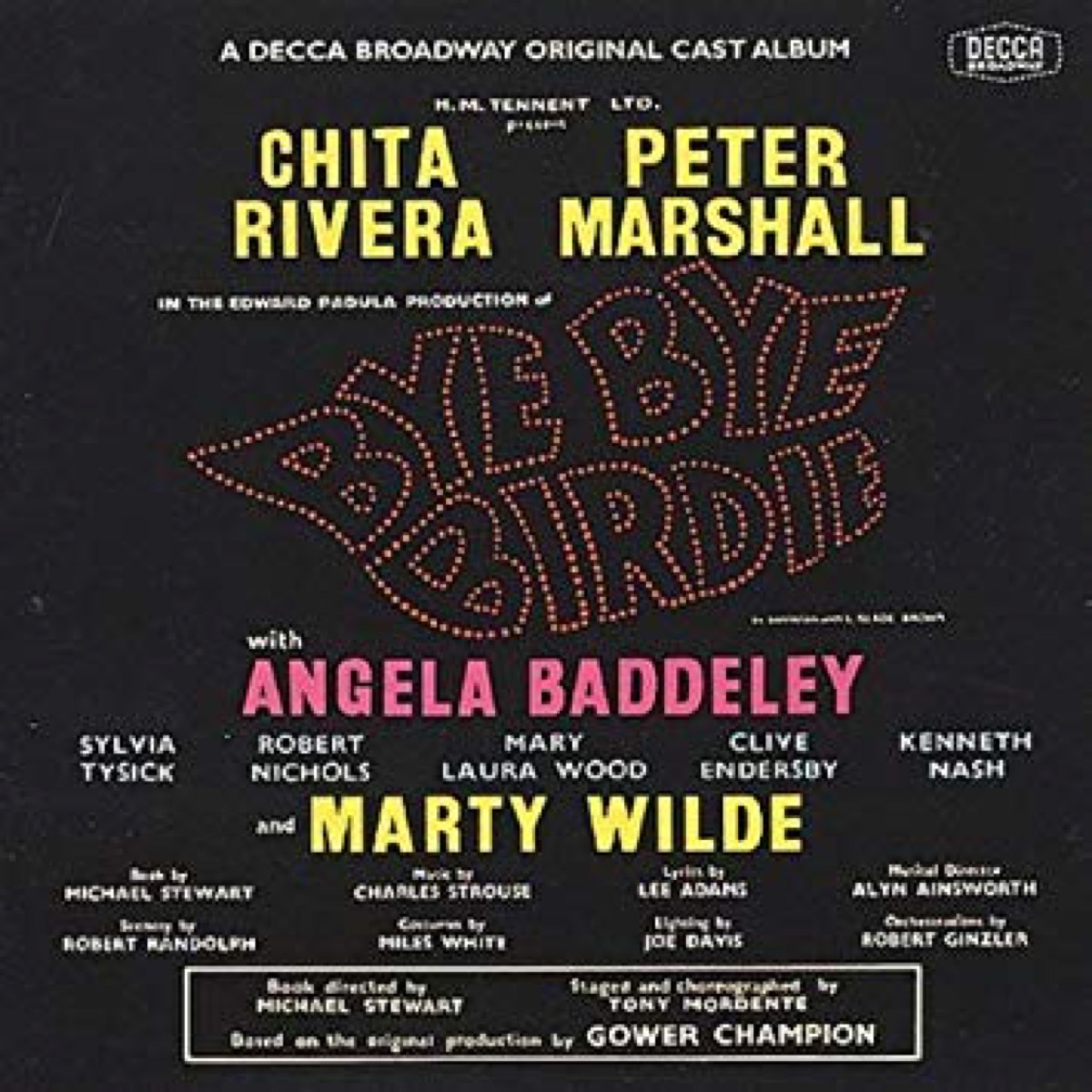
The first musical creation of composer Charles Strouse and lyricist Lee Adams, Bye Bye Birdie was a critical success, much to the surprise of the Broadway world. Bye Bye Birdie‘s creative team and stars were hardly big names—even Dick Van Dyke, who originated the role of Albert Peterson, was practically unknown at the time. Often referred to as the first rock ‘n’ roll musical, Bye Bye Birdie won four Tony Awards in 1961, including Best Musical and Best Performance by a Featured Actor in a Musical for Dyke.
1961: A Man for All Seasons
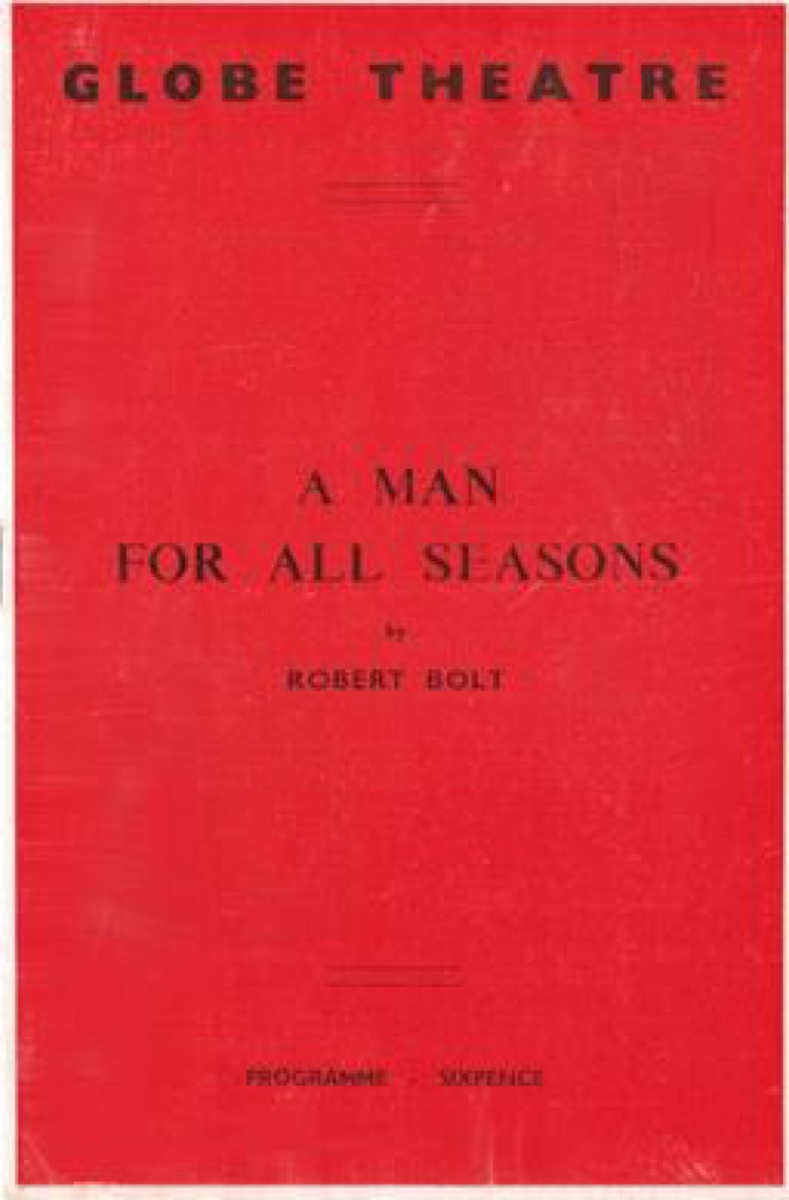
Robert Bolt’s A Man for All Seasons opened at the London Globe Theatre in 1960. Following a successful West End run, the show was brought to Broadway in 1961 with Paul Scofield reprising his original role as Sir Thomas More, for which he won a Tony Award. Scofield also reprised the role in the 1966 film adaptation, which won him an Oscar, to boot!
1962: Who’s Afraid of Virginia Woolf?
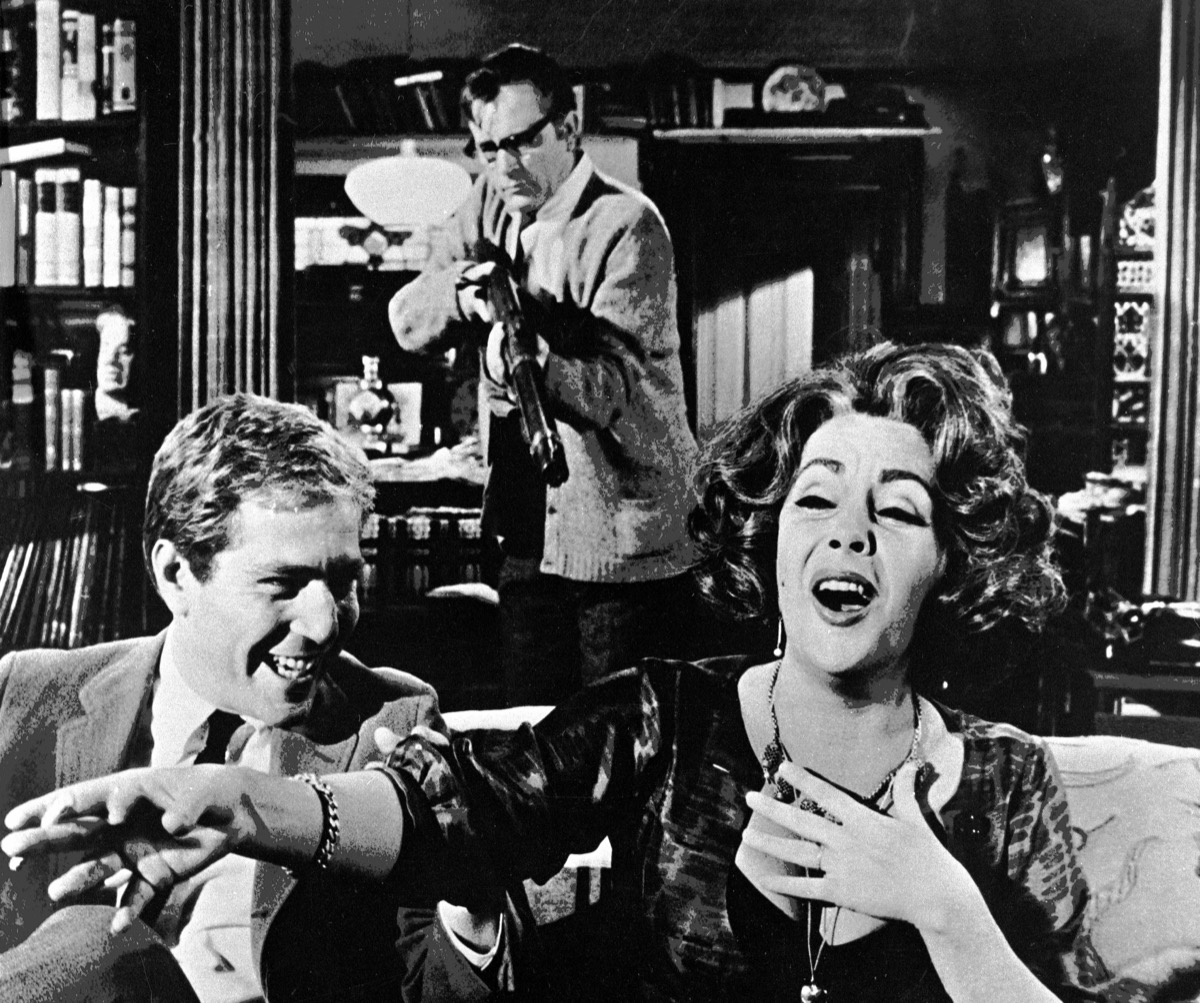
Who’s Afraid of Virginia Woolf? opened on Broadway in October 1962, but critics were divided. Harold Clurman of The Nation said it was “not only the best play in town now; it may well prove the best of the season,” but The New Republic’s Robert Brustein called the play “hollow at the centre.” The division left the public scrounging for tickets to see what all the fuss was about—so much so, in fact, that the play was able to pay back investors after only 31 performances! The original production ended up with four Tonys in major categories: Best Play, Best Director, Best Actor, and Best Actress. It was also turned into a 1966 feature film, starring Elizabeth Taylor (pictured here).
1963: A Funny Thing Happened on the Way to the Forum
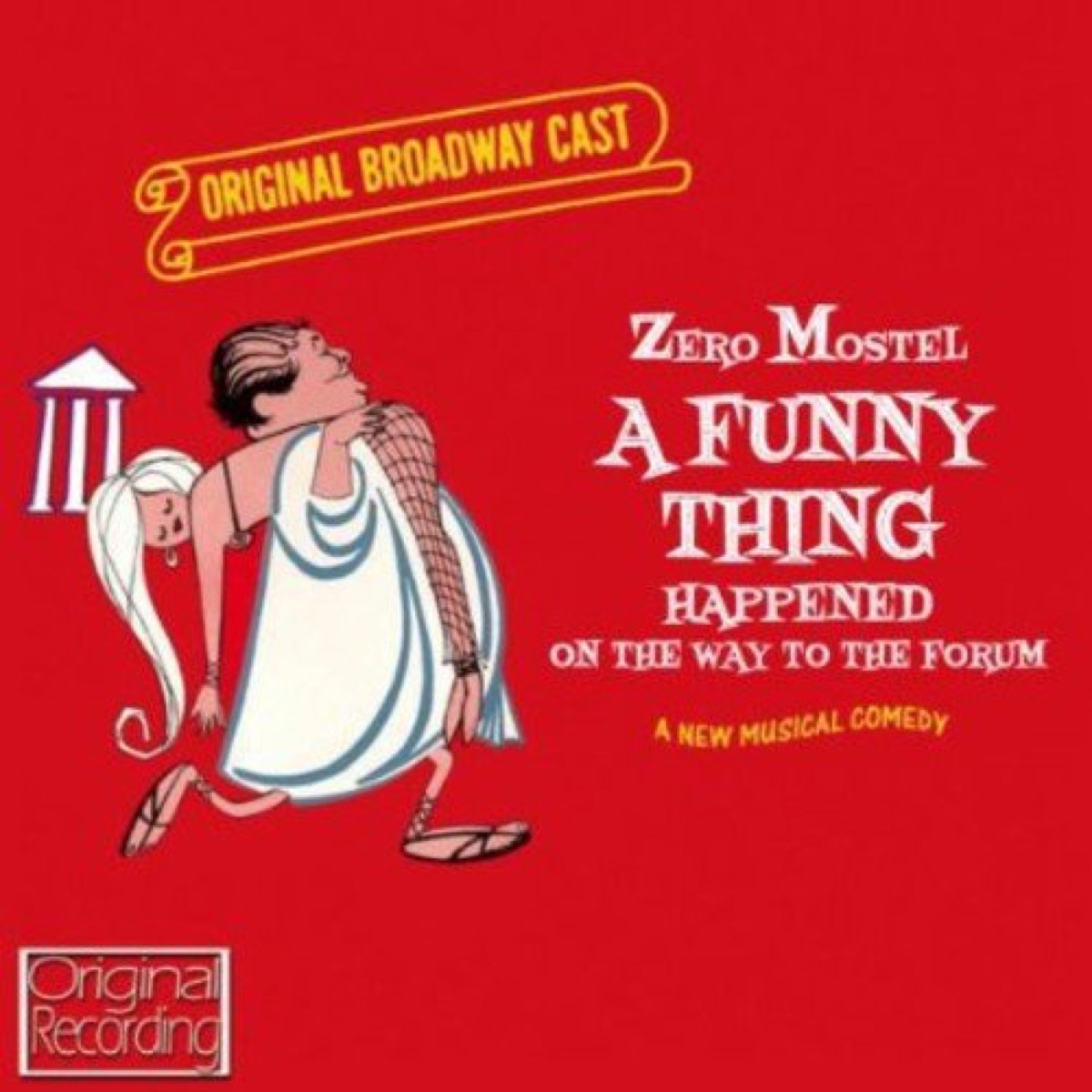
This early work by Broadway big shot Stephen Sondheim was not destined to be a hit, based on early previews. After changing the opening number to instead introduce the musical as a a comedy, A Funny Thing Happened on the Way to the Forum took off. The musical swept the 1963 Tony Awards in the major musical categories, winning a total of six awards.
1964: Hello, Dolly!
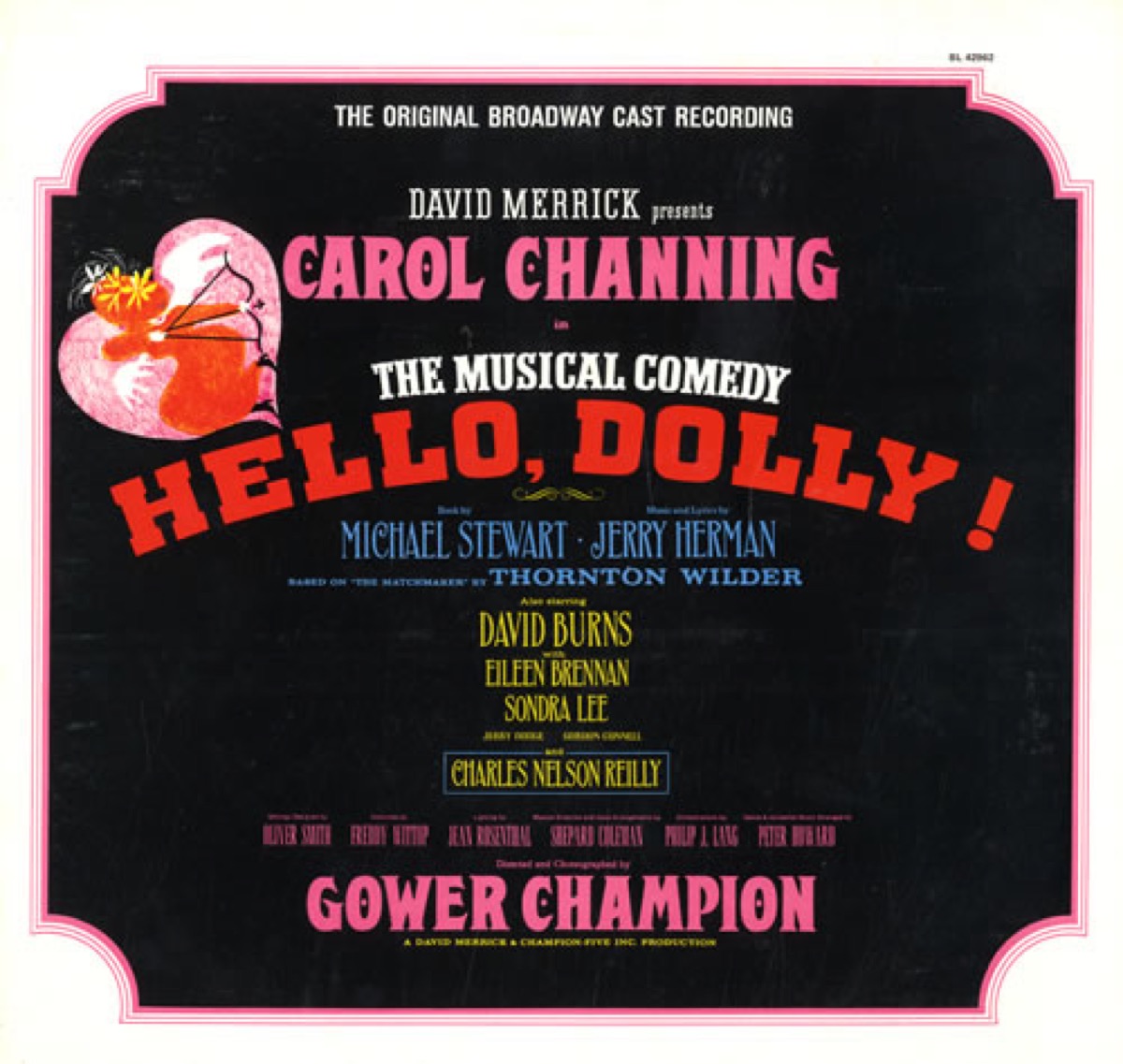
When it opened in January 1964, Hello, Dolly! faced competition from Barbra Streisand’s Funny Girl, but it ultimately won theatergoers over, as well as critics—it dominated the 1964 Tony Awards with 10 wins, including Best Musical and Best Performance by a Leading Actress in a Musical for Carol Channing. The love for Hello, Dolly! has remained throughout the years, with the original cast recording being inducted to the Grammy Hall of Fame in 2002.
1965: Fiddler on the Roof
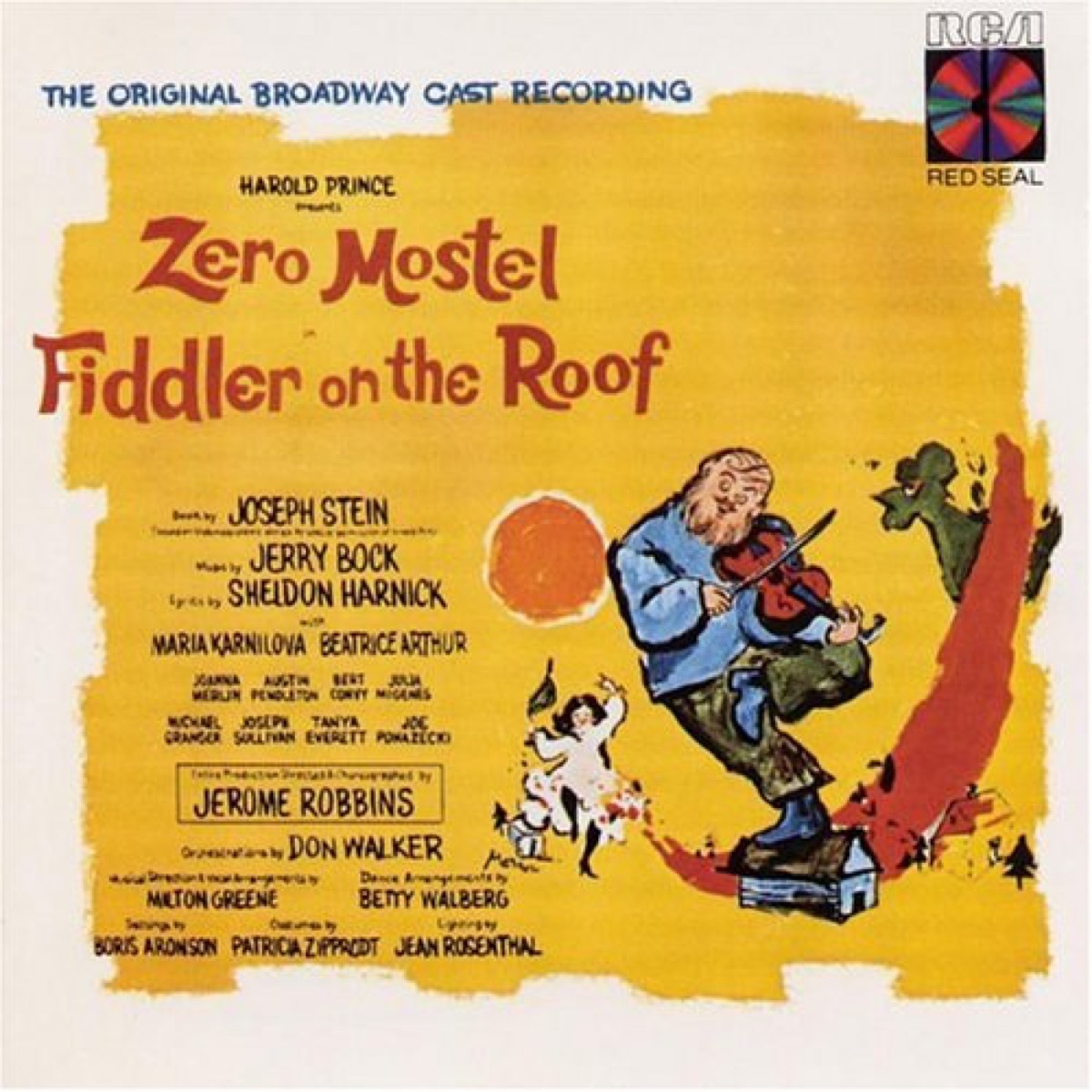
Hello, Dolly! was not the only musical making waves in 1964. Fiddler on the Roof opened on Broadway in September 1964 and it was a smash, continuing its reign for years to come. In fact, the original production was on stage for so long that it became the first musical in Broadway’s history to surpass 3,000 performances. In 1965, the show won nine Tony Awards, including Best Musical, which was the high point of its success.
1966: Cabaret
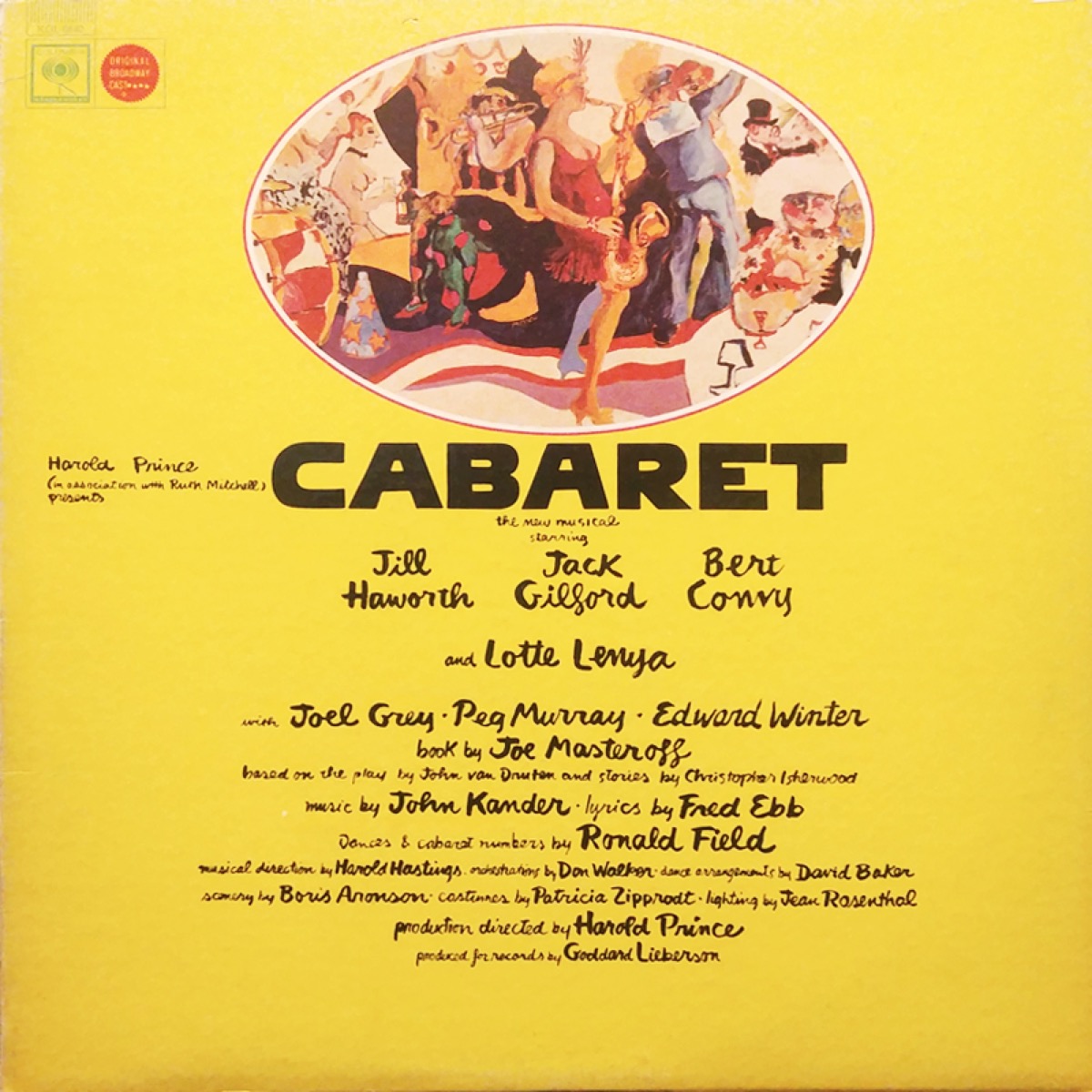
The ’60s were a golden time for Broadway musicals. Following the success of Hello, Dolly! and Fiddler on the Roof, Broadway made room for Cabaret, which opened in 1966. However, unlike its predecessors, Cabaret took an unusual approach to the musical scene. It featured no overture and opened with a large mirror reflecting back at the audience, breaking the fourth wall and immersing theatergoers like never before. Luckily, its unusual approach paid off: Cabaret won the Tony Award for Best Musical in 1967, spawned several revivals, and inspired a 1972 film of the same name, starring Liza Minnelli.
1967: Hallelujah, Baby!

Hallelujah, Baby! tells the story of one black woman’s struggle to go from being a maid to performing in show business. It opened on Broadway in April 1967, and while it didn’t end up garnering the same icon status that Hello, Dolly!, Fiddler on the Roof, and Cabaret did, it was quite a success at the time. The musical won five Tony Awards out of its nine nominations in 1968, including Best Musical. And it launched the career of actress Leslie Uggams, who originated the starring role.
1968: Promises, Promises
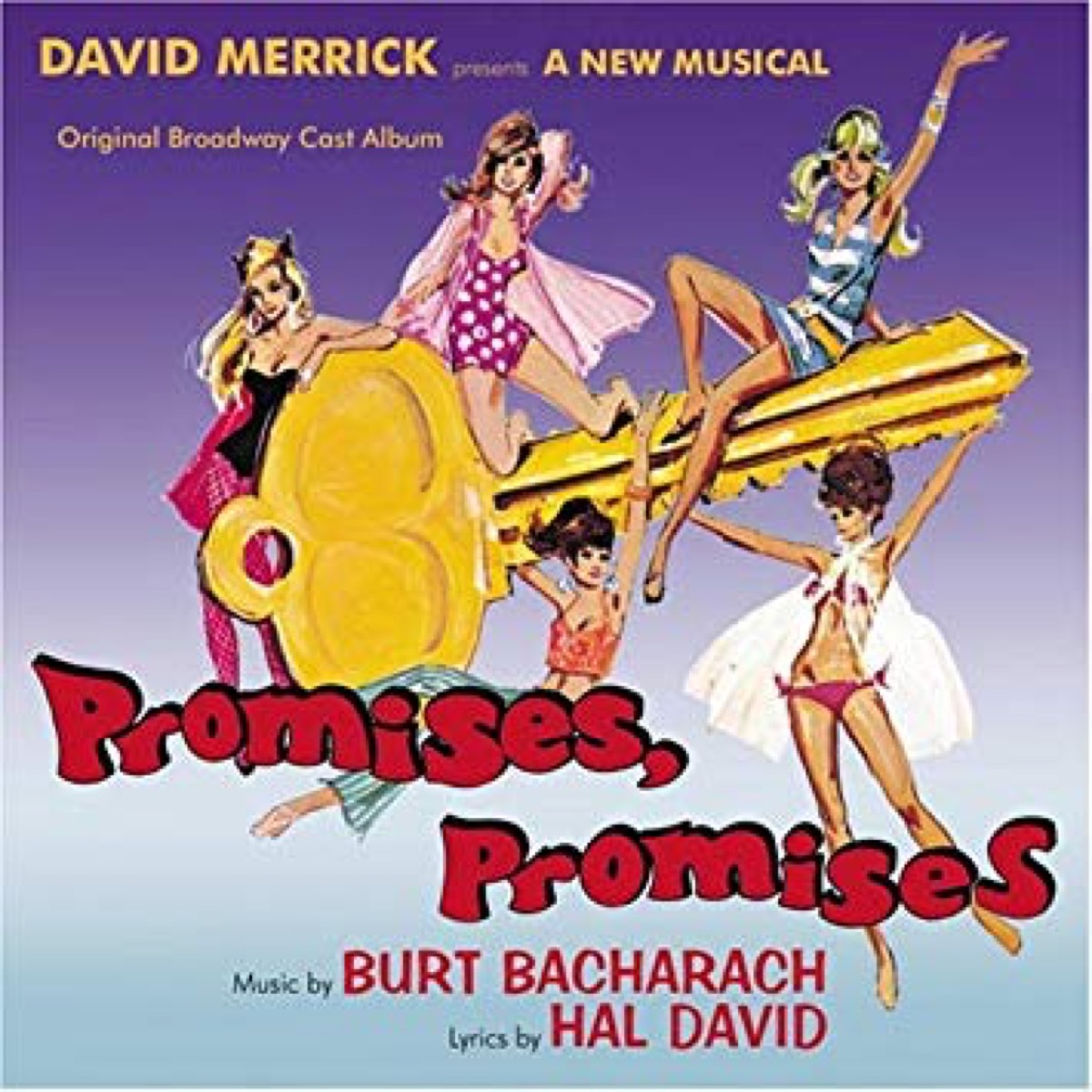
Opening on Broadway in 1968, Promises, Promises became a commercial success—mainly for its music. The New York Times’ Clive Barnes said it was “the first musical where you go out feeling rhythms rather than humming tunes.” The musical was the originator of the Dionne Warwick hit, “I’ll Never Fall in Love Again.” And while Promises, Promises ended up losing the 1969 Tony Award for Best Musical to 1776, it still walked away with two Tonys, as well as the Grammy for Best Score from an Original Cast Show Album.
1969: 1776
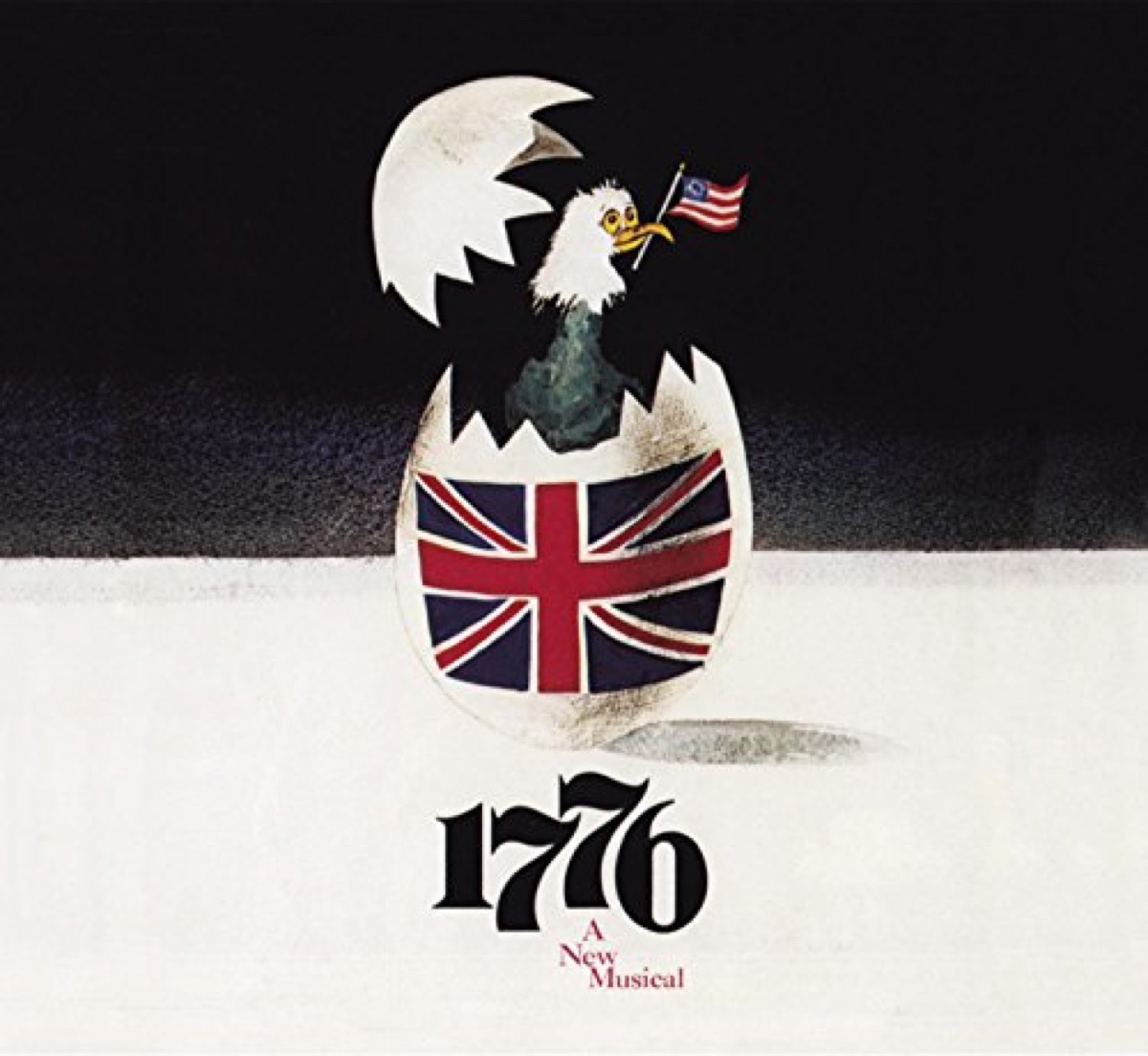
The musical 1776 is the Hamilton before there was Hamilton, detailing the events surrounding the signing of the Declaration of Independence, mainly from the viewpoint of John Adams. In a twist, the musical, which opened on Broadway in 1969, featured tons of pop music, written by Sherman Edwards—known for writing hits performed by Elvis Presley.
1776′s unique approach of blending pop music with a distinct historical event earned it major accolades from critics, with the New York Daily News’ Chapman calling it a “stunningly original musical” with “artistic creation.” The show walked away with three Tonys in 1969, including Best Musical.
1970: Applause
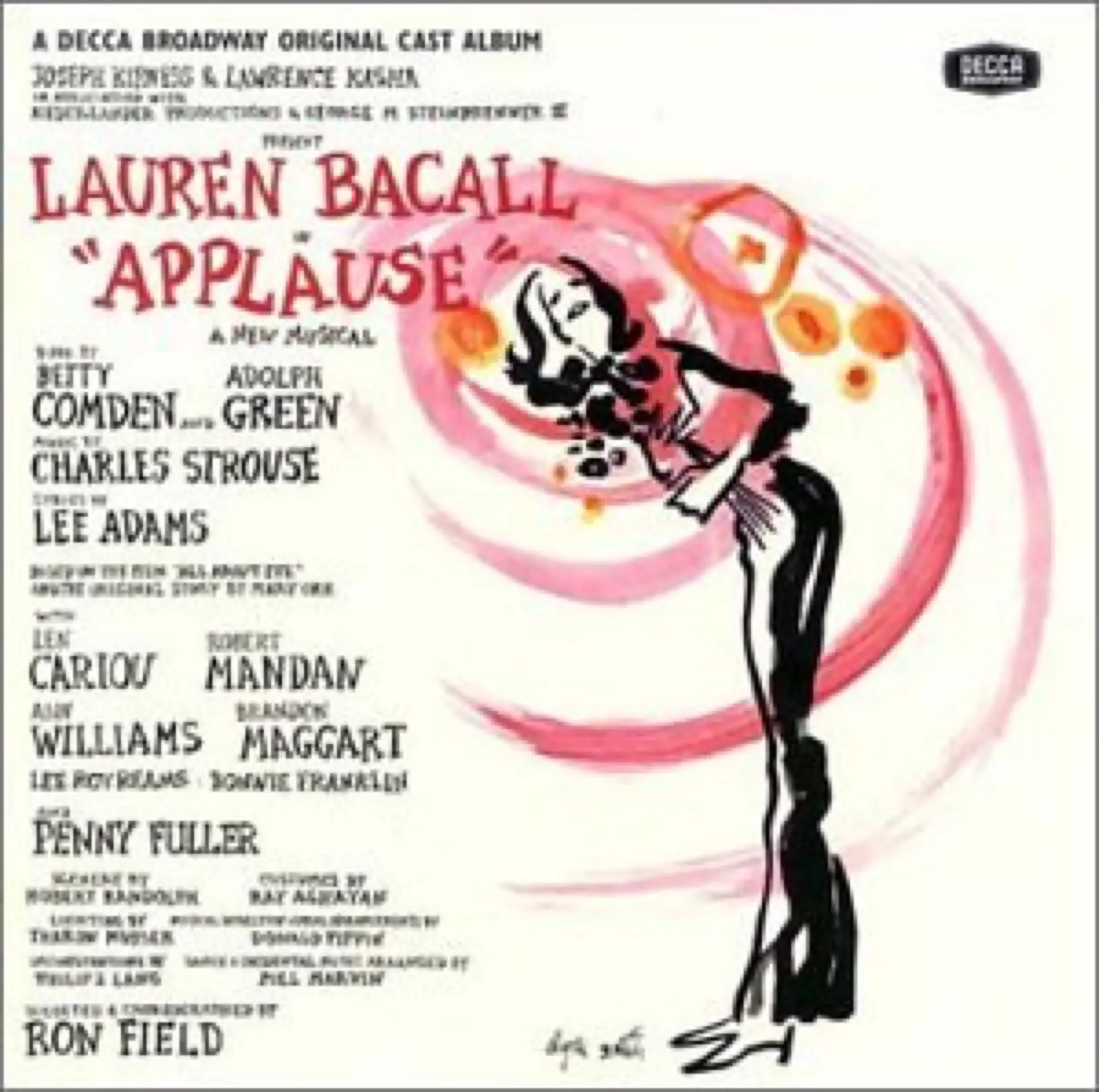
Applause was the follow-up work of Bye Bye Birdie’s Strouse and Adams. They initially wanted to base the 1970 musical on the 1950 Oscar-winning film All About Eve, starring Bette Davis. However, 20th Century Fox originally refused to give up the movie rights, so Strouse and Adams instead secured the rights to the short story that All About Eve’s screenplay was based on.
And with that, the musical still managed to make a name for itself. The show starred Lauren Bacall, who went on to win the Tony Award for Best Actress in 1970—and Applause earned three other Tonys that year, including Best Musical.
1971: Company
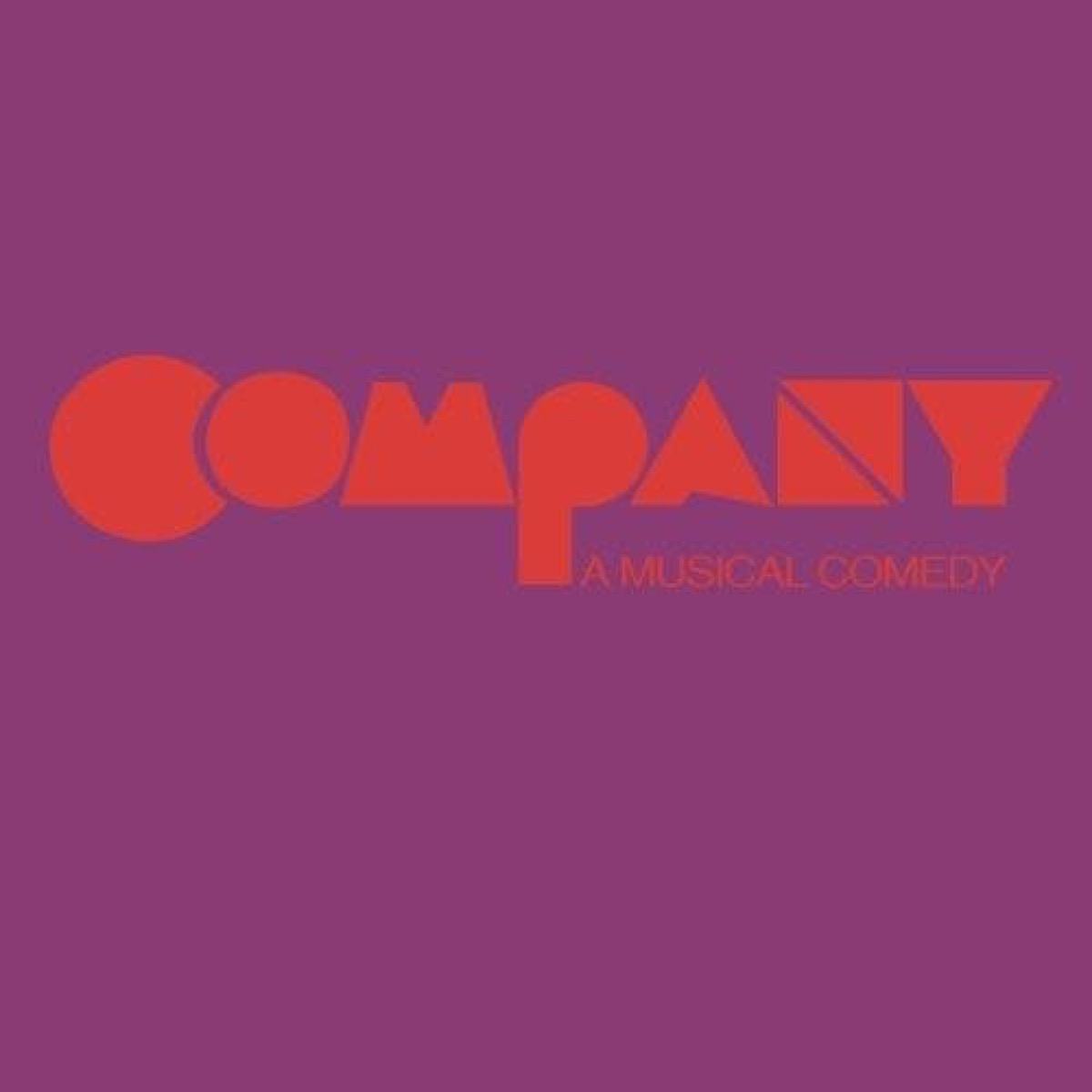
The musical Company was a critical darling—nominated for a record-setting 14 Tony Awards (and winning six). Before it opened, New York Times critic Barnes wrote that he “really believes a lot of people are going to love [Company],” and he was not wrong. Company’s unique factor was that, instead of being a respite for its largely upper-middle-class audience from their problems, it brought those problems to the forefront, focusing on marriage woes in New York City. And, while this could have made it a flop, the musical ended up being a commercial success, proving that escapism isn’t the only thing people want to see.
1972: Two Gentlemen of Verona
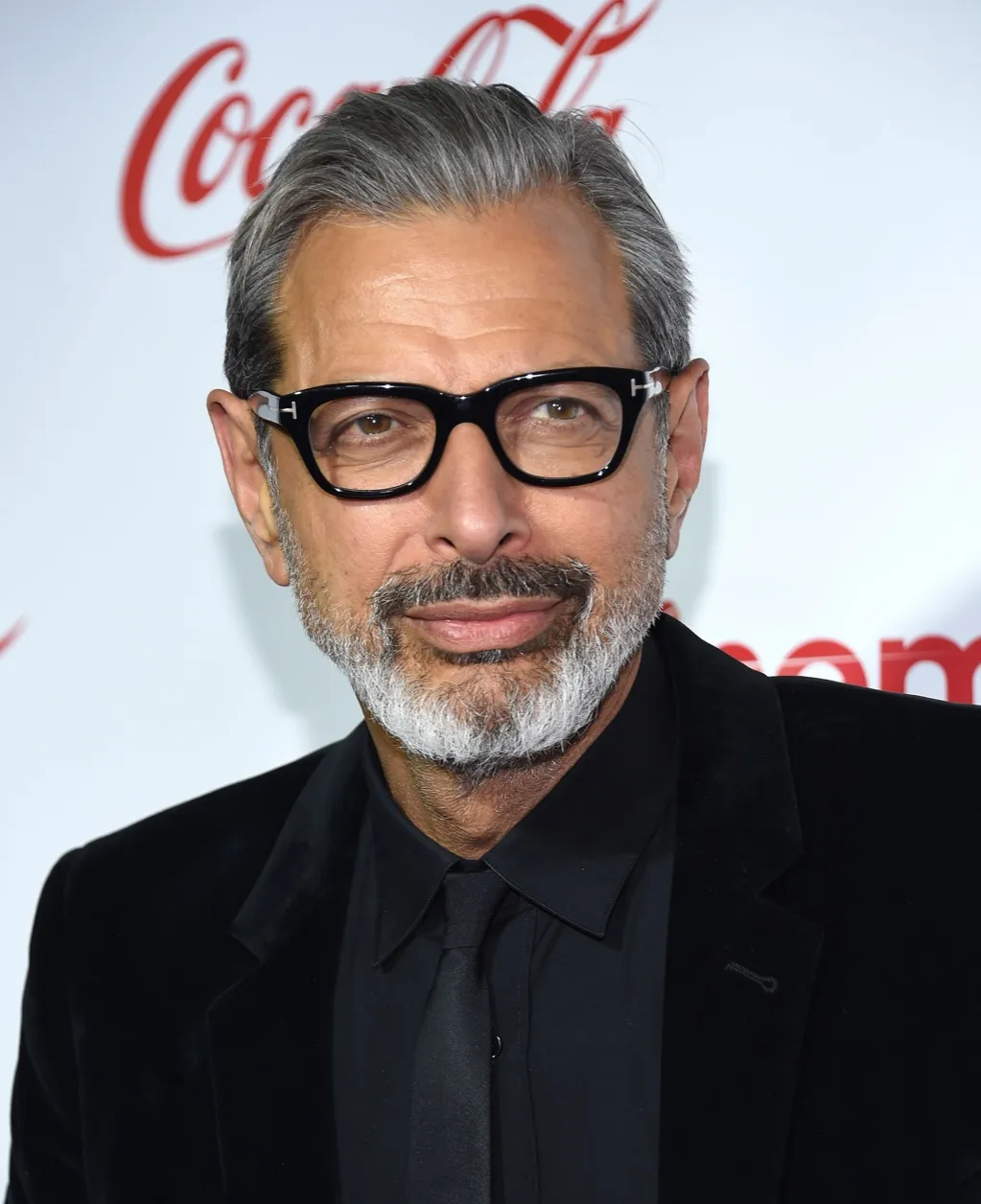
William Shakespeare’s Two Gentlemen of Verona was written in the 1500s, but it was only brought to the Broadway stage in the early 1970s. The production took Shakespeare’s work and transformed it into a rock musical, which was so well-received, it ended up beating out big names like Grease and Follies for the Best Musical Tony Award in 1972. It also lays claim to being the Broadway debut of actor Jeff Goldblum, who was an ensemble cast member.
1973: A Little Night Music
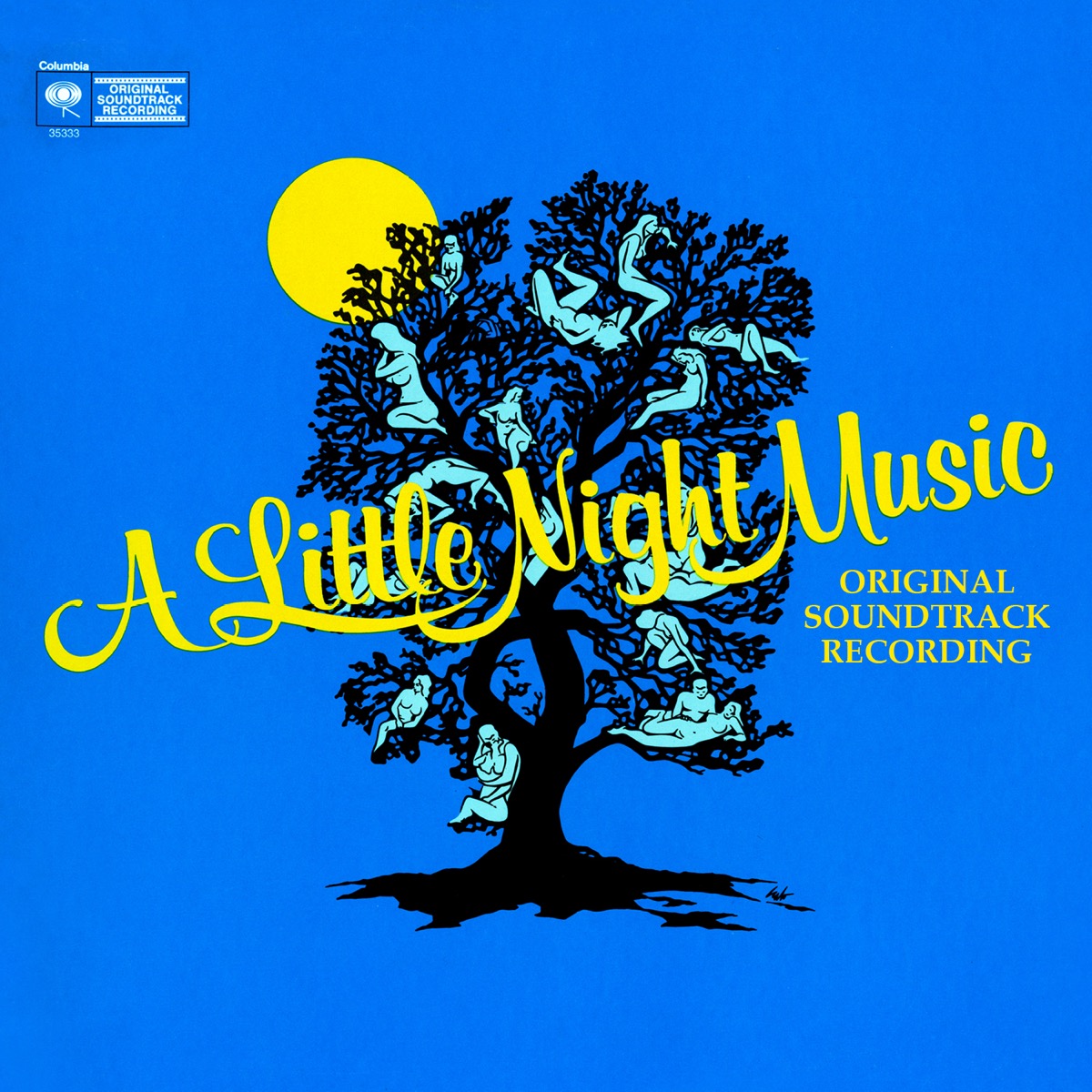
A Little Night Music was another early work by the great Sondheim. It gave audiences a peek into his background in classical music, and it birthed his first real commercial success: “Send in the Clowns.” The New York Times’ Barnes praised A Little Night Music as an “adult musical” when it first opened, calling it “soft on the ears, easy on the eyes, and pleasant on the mind.” The musical went on to win six Tonys in 1973, including Best Musical and Best Original Musical Score for Sondheim. It was also adapted into a 1977 film, starring Elizabeth Taylor.
1974: Over Here!
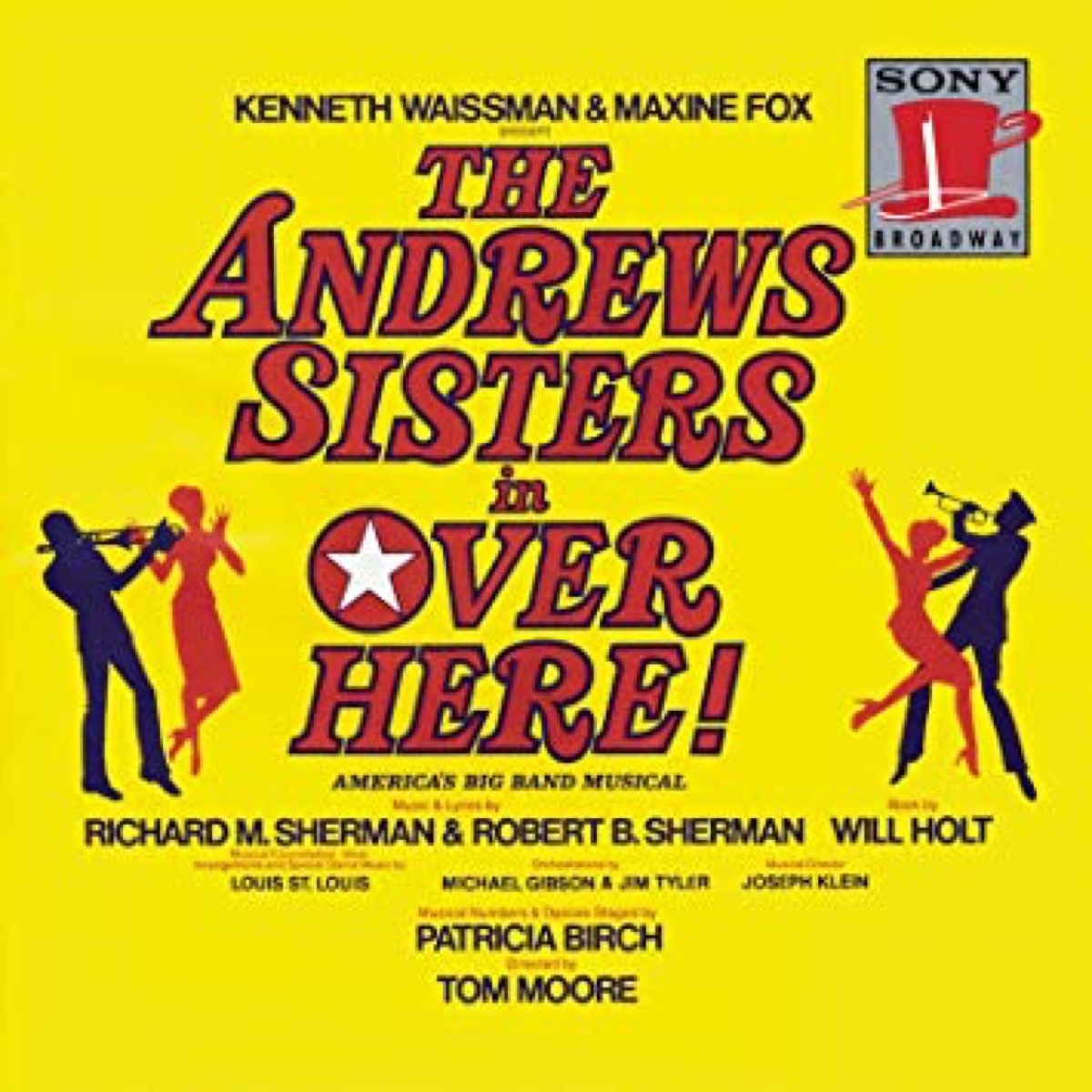
Over Here! is a World War II-set musical that opened on Broadway in 1974. It’s widely regarded as the career-starter for many notable actors who were in the original cast, like John Travolta, Treat Williams, and Marilu Henner.
The show closed after only 341 performances—though it was not because of a lack of filled chairs. In fact, Over Here! was even scheduled for a national tour, which was also canceled. The New York Times reported that Maxene and Patty Andrews of the Andrews Sisters, who starred in Over Here!, had demanded more money, which reportedly led to the show’s demise.
1975: The Wiz
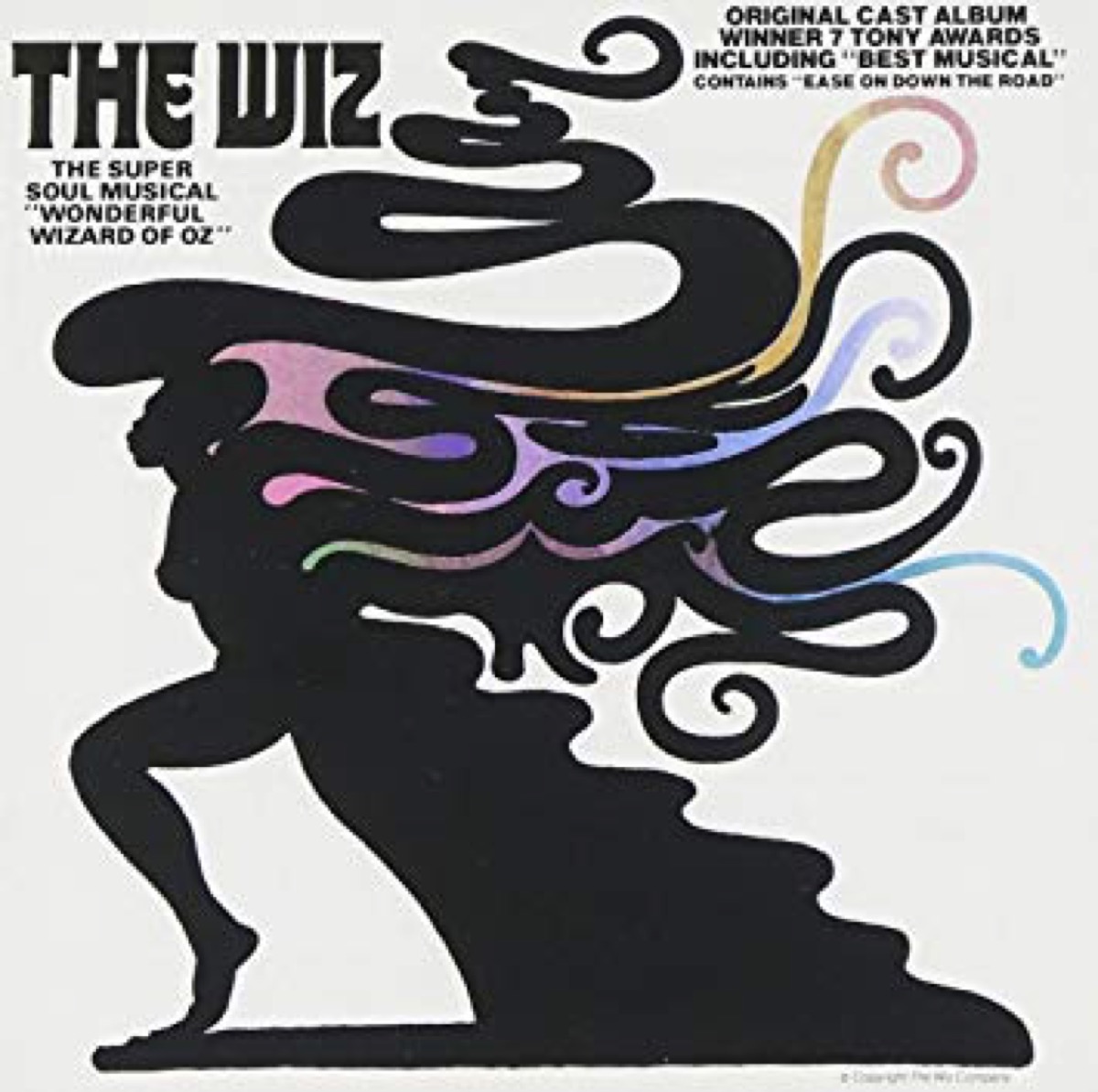
The Wiz is one of the most admired musicals to this day, especially for its groundbreaking all-black casting, catchy score, and its film adaptation starring Diana Ross and Michael Jackson. But it wasn’t a clear success from the onset.
This retelling of the classic children’s novel The Wonderful Wizard of Oz opened on Broadway in the beginning of 1975. Due to mixed reviews and lackluster ticket sales, producers considered shutting it down after its first week on the Great White Way. However, after putting money into TV advertisements, The Wiz blew up. The house was packed every night, and the show ended up grossing nearly $70 million in revenue. The original production of The Wiz ran for four years and won seven of the eight Tony Awards it was nominated for in 1975, including the coveted Best Musical.
1976: A Chorus Line
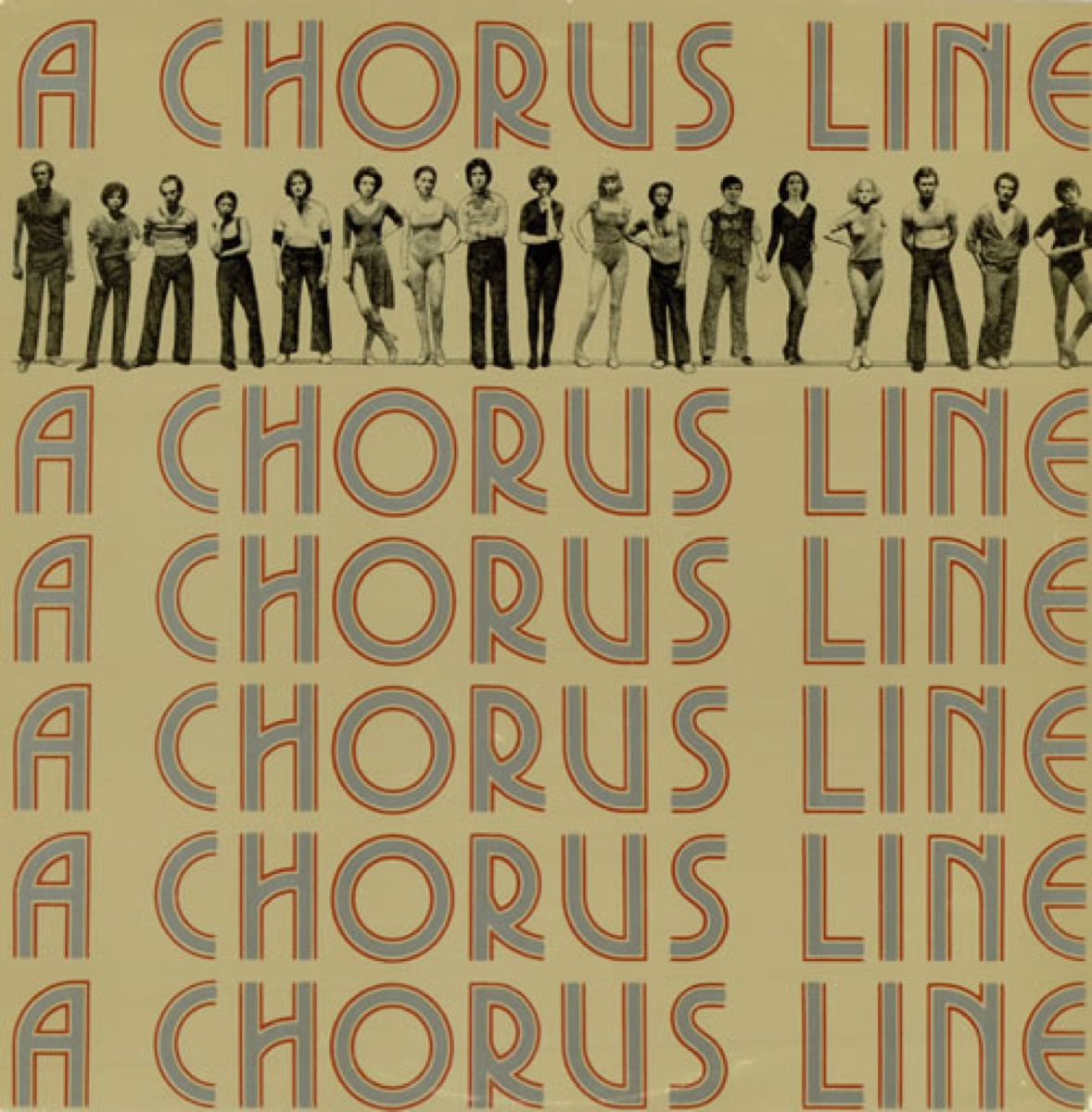
A Chorus Line is a Broadway musical about Broadway, telling the story of dancers auditioning for spots on—you guessed it—a chorus line. When it first opened Off-Broadway in 1975, word of mouth created such a demand that tickets sold out the entire run. When it opened on Broadway toward the end of 1975, it continued to sell out. After a musician’s strike in 1976 caused every musical to shut down from September to October, theater lovers were even more rabid to see A Chorus Line. The musical won eight Tonys in 1976 and ran for an unprecedented 6,137 performances, making it the longest-running Broadway production in history at the time.
1977: Annie
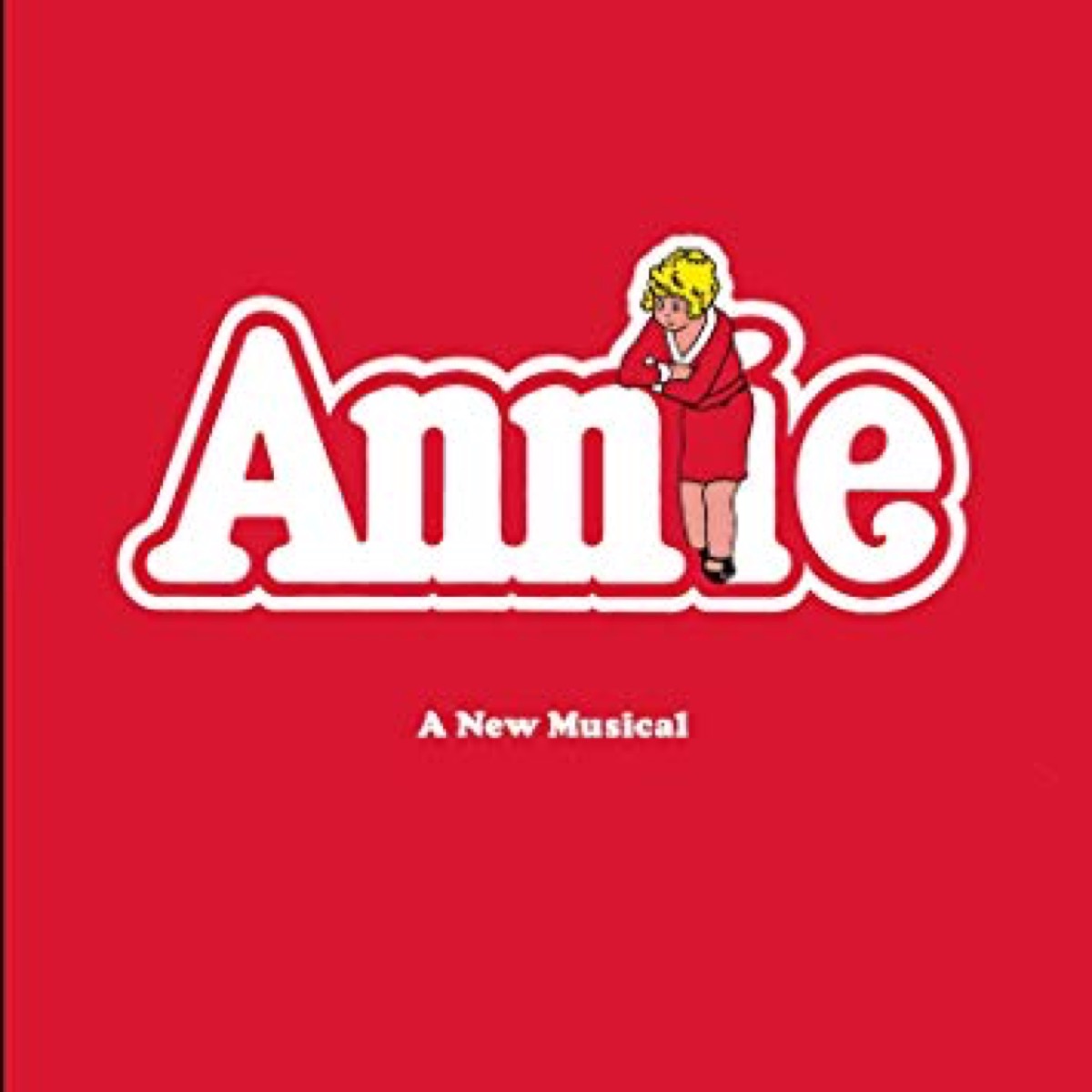
Annie has become a cultural phenomenon and it all began with a Broadway musical based on the Little Orphan Annie comic strip that opened in 1977. Both the talented child stars and the magnetic score led Annie to become one of the greatest musicals of all time. Referring to the seven young actresses who played orphans in the original production, The New York Times review read, “Their ensemble acting is so tightly knit that you think they’ve been doing it for years.”
In 1977, Annie won seven Tony Awards, including Best Musical, Best Original Score, and Best Performance by a Leading Actress in a Musical for Dorothy Loudon. The original production ran for nearly six years and during that time, a young Sarah Jessica Parker even played the title role!
1978: Ain’t Misbehavin’
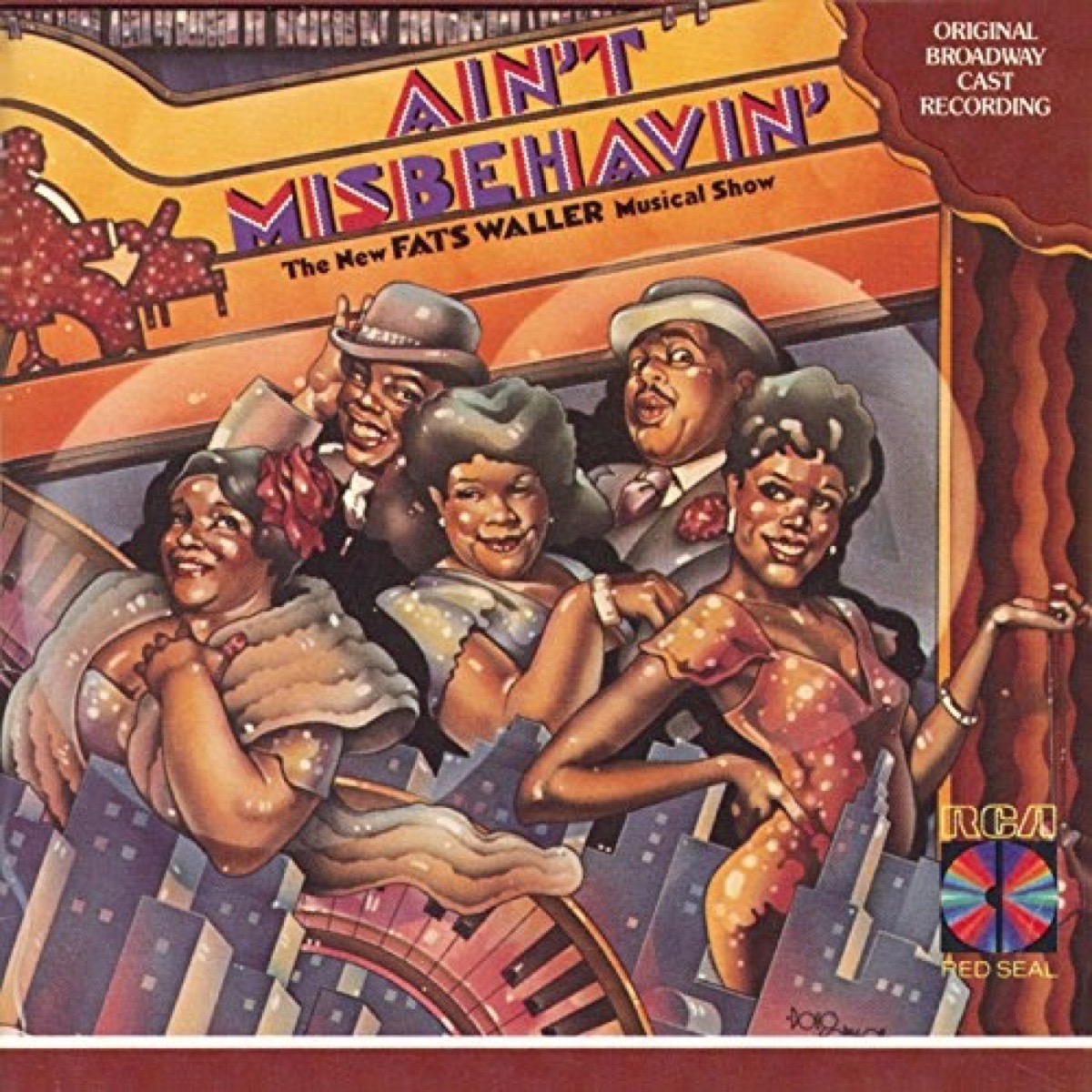
Ain’t Misbehavin’ is a musical tribute to the black musicians of the Harlem Renaissance, taking its title from the 1929 Fats Waller song of the same name. An original, small-scale version of the show opened at the Manhattan Theatre Club’s cabaret in 1978, and with so many positive reviews, it was developed into a full-scale production for Broadway, opening later that year. It won three Tonys in 1978, including Best Musical, and it gained such a massive fan base that it became an NBC TV special in 1982 and was revived by the original cast in 1988 for its 10-year anniversary.
1979: Sweeney Todd: The Demon Barber of Fleet Street
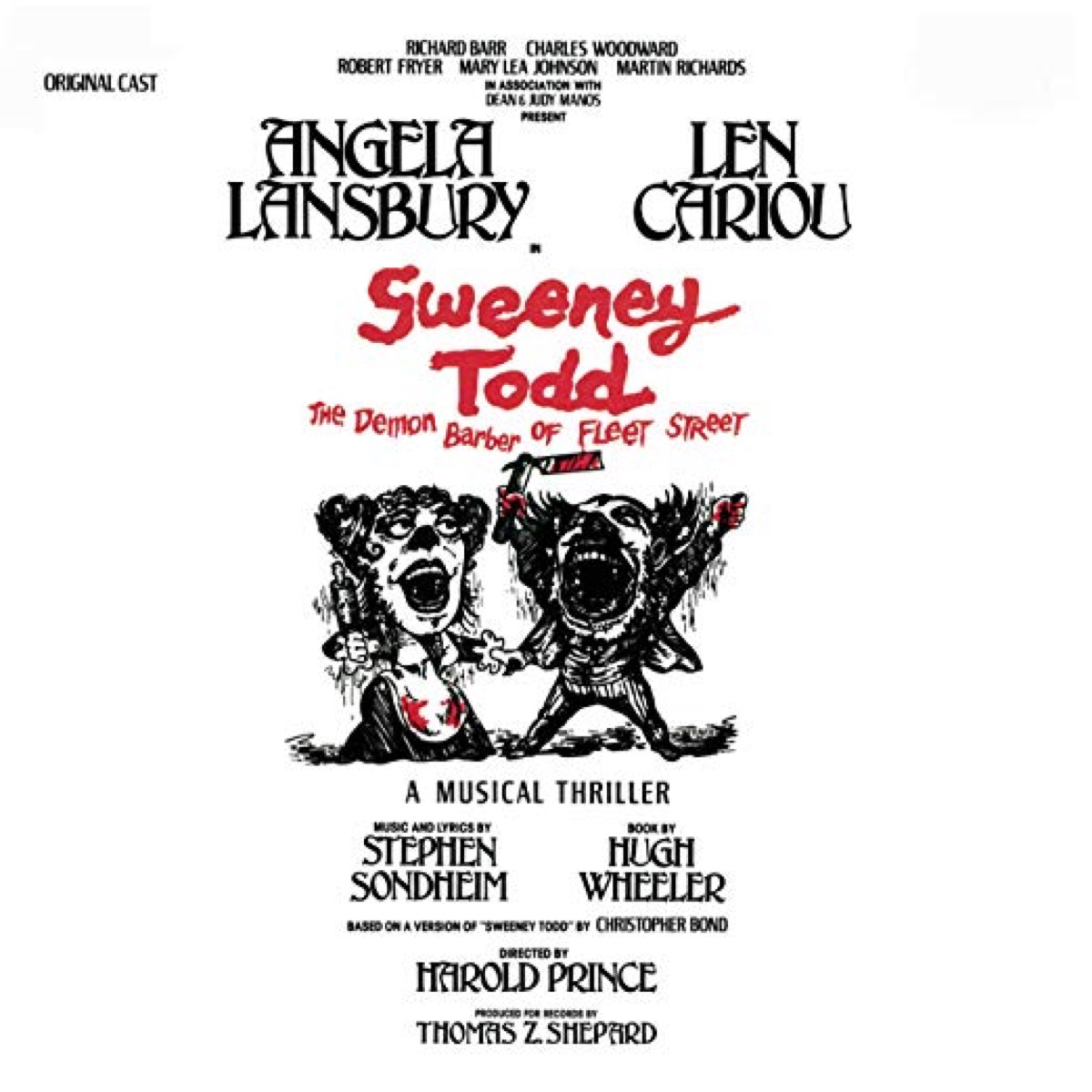
Sweeney Todd: The Demon Barber of Fleet Street is another one of Sondheim’s claims to fame. The musical thriller was based off the 1973 play of the same name and opened on Broadway in 1979, starring veteran actress Angela Lansbury. It was a success in story, score, and casting. According to The New York Times’ review of the original production, there was “very little in Sweeney Todd that [was] not, in one way or another, a display of extraordinary talent.” The musical went home with eight Tonys in 1979, including Best Musical, Best Original Score, and Tonys for both its stars (Lansbury and Len Cariou).
1980: Evita
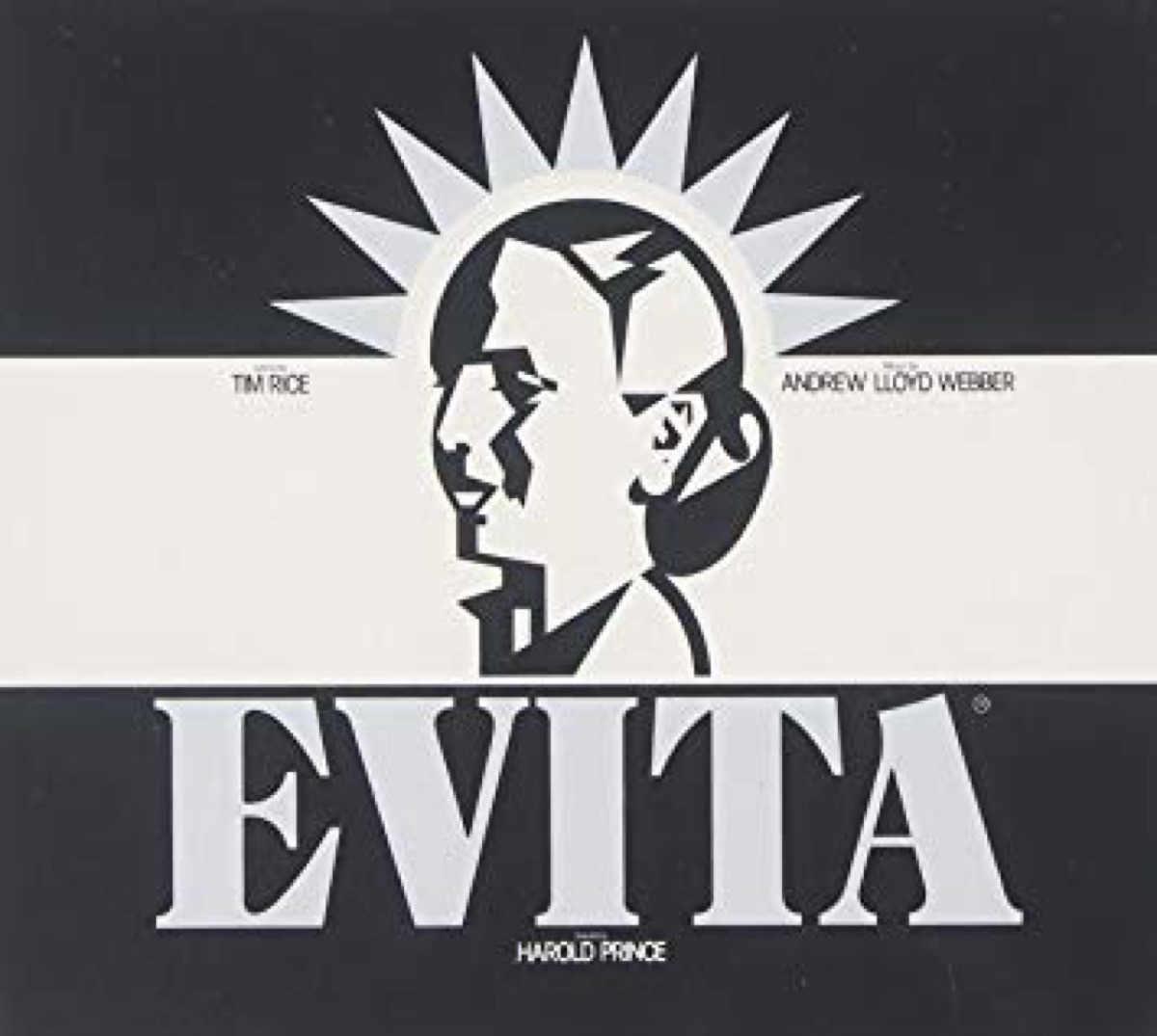
Evita was an early work of another big name in musicals: English composer Andrew Lloyd Webber. The show’s original production opened on the West End in 1978, and after great success, it was brought to Broadway at the end of 1979 with Patti LuPone in the starring role. Evita not only won Musical of the Year at the Olivier Awards (which are essentially the British Tonys), but it also won the Tony for Best Musical in 1980, making it the first British musical to ever claim the title. The show was eventually brought to the big screen in 1996 with Madonna playing the title role. The performance even won her a Golden Globe.
1981: Dreamgirls
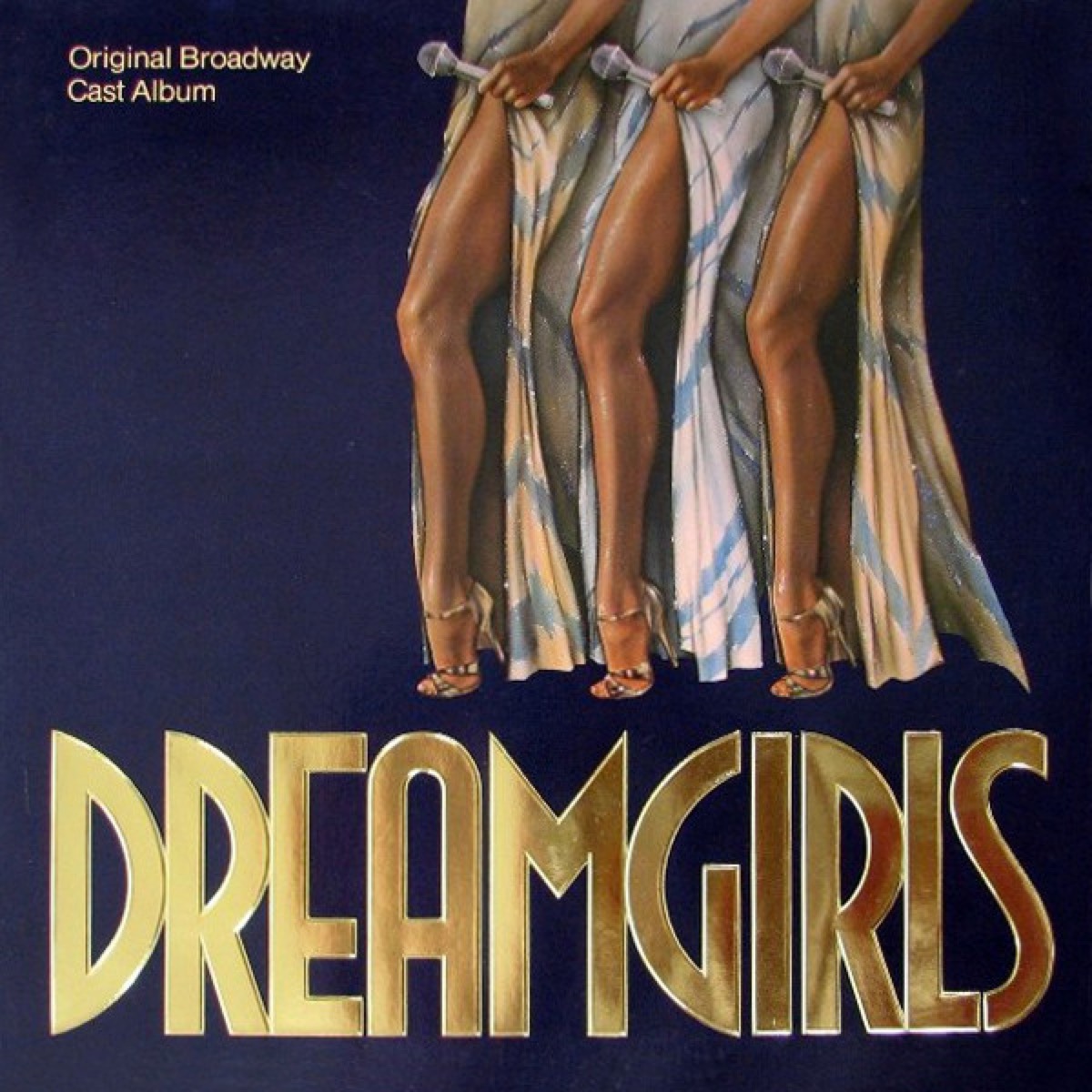
Dreamgirls, which opened on Broadway in 1981, centered on a female singing trio from Chicago (inspired by successful Motown acts like The Supremes and The Shirelles). Jennifer Holliday starred as Effie White, and her recording of Effie’s solo, “And I Am Telling You I’m Not Going,” became a chart-topping Billboard single in 1982. The song also earned Dreamgirls one of two Grammy awards (they also claimed the Best Musical Album award). The success of Dreamgirls, which won five Tonys in 1982, never really ended. It was turned into a 2006 Academy Award-winning film, starring Beyoncé, Jamie Foxx, and Jennifer Hudson as Effie. Similar to Holliday, the role solidified Hudson’s place in pop culture history—she won an Oscar for her performance.
1982: Cats
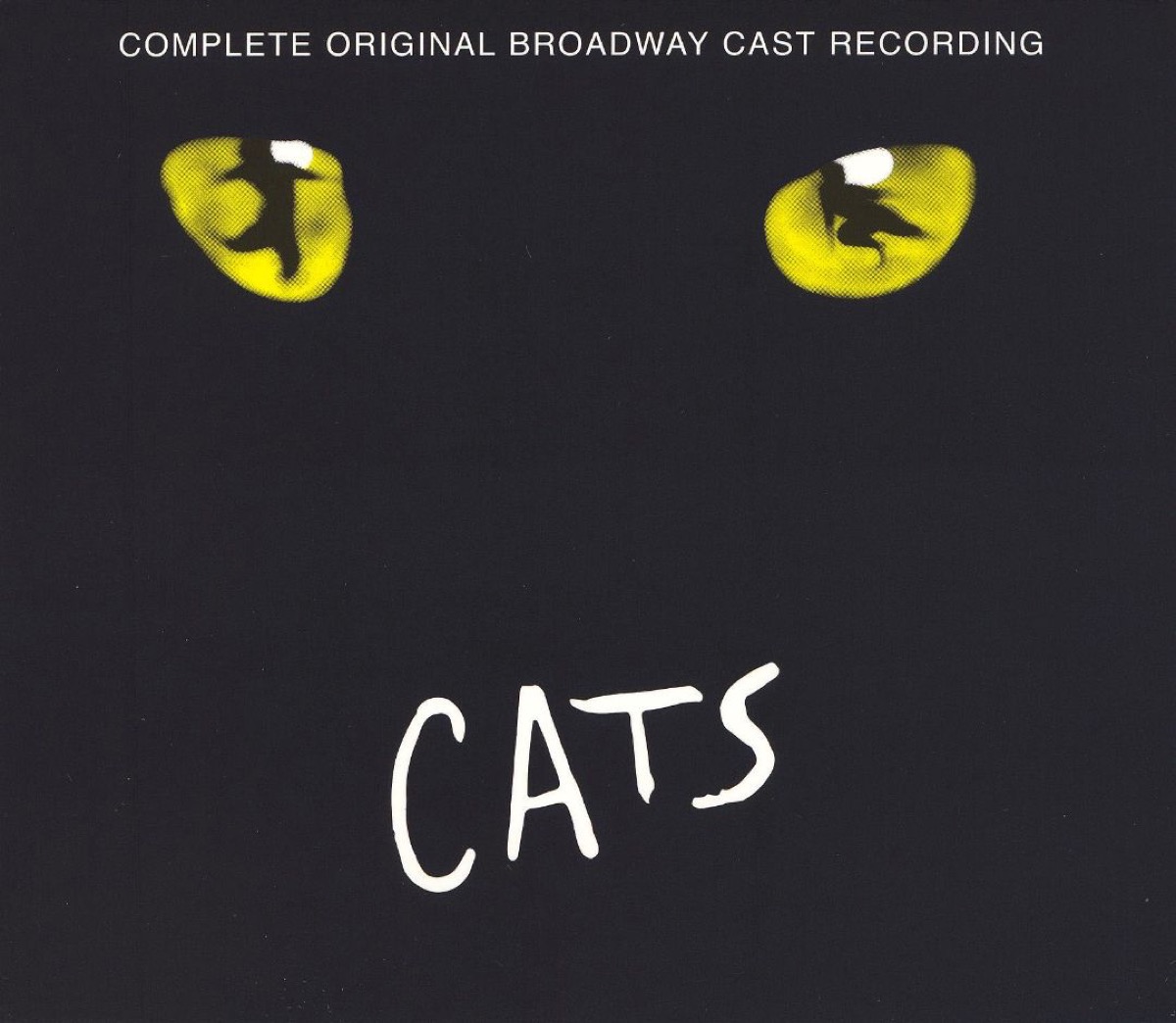
One of Lloyd Webber’s biggest hits, the Broadway phenomenon Cats, originated on the West End in 1981—but it was almost a total bomb. “The moment that Cats came on stage could have been one of the most ridiculed moments in the history of theatre,” Lloyd Webber once said. However, it was anything but. In 1982, the show opened on Broadway to a massive advance ticket sales total of $6.2 million. Considered one of the first truly immersive theatrical productions, The New York Times called Cats a “musical that transports the audience into a complete fantasy world that could only exist in the theater.” Both the West End and Broadway productions set records for the length of their runs at the time, with the former’s lasting 21 years and the latter’s 18. The show has won a multitude of awards—most notably for Best Musical at both the Olivier Awards and the Tony Awards.
1983: La Cage aux Folles
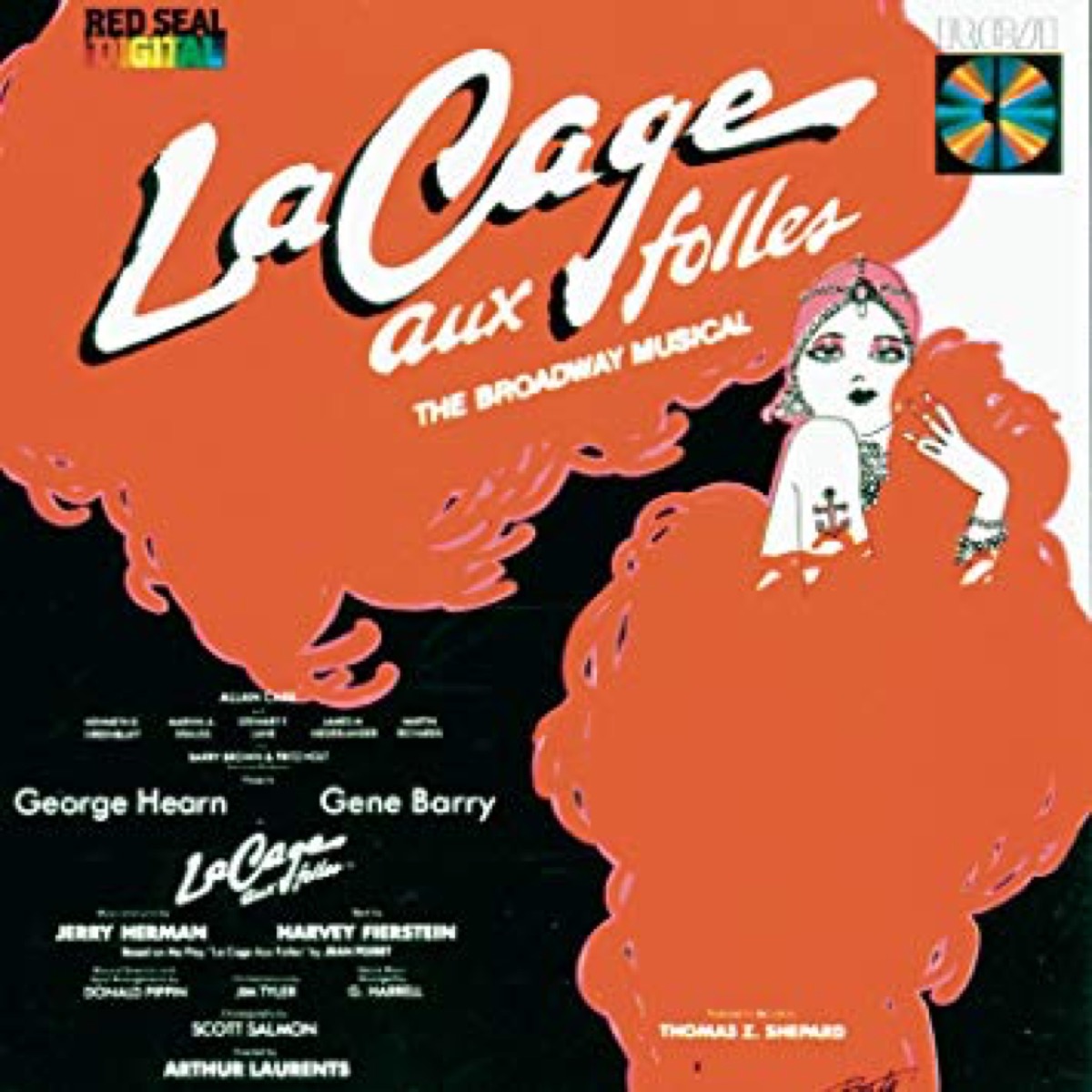
Based on the 1973 French play of the same name, the La Cage aux Folles musical was the brainchild of producer Allan Carr—the same man who successfully brought Grease to the big screen. The musical, which opened on Broadway in 1983, centered on the LGBT community and was considered a leader in the 1980s reemergence of great American musicals, following the success of British imports Evita and Cats. At the 1984 Tonys, La Cage aux Folles took home six awards, including Best Musical, beating out Sondheim’s Sunday in the Park with George.
1984: Biloxi Blues
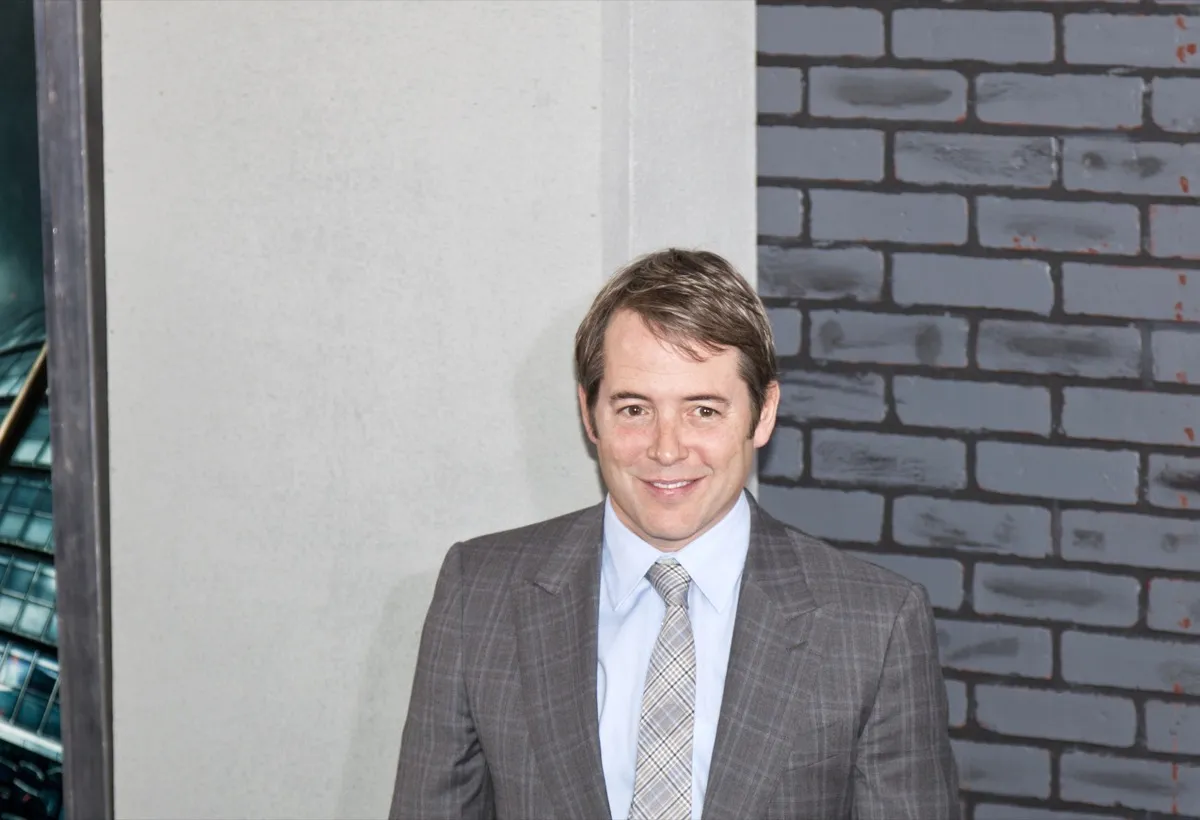
Biloxi Blues is a semi-autobiographical play by Neil Simon, following its fictionalized lead, Eugene Morris Jerome, in basic training for World War II. Matthew Broderick originated the role of Eugene, making his first major mark on the Broadway stage. The New York Times gave both Broderick and the play itself glowing reviews, noting that the “laughter rarely stops in Biloxi Blues.” In a musical-heavy time, the play managed to break through the song-and-dance and went on to win three Tonys in 1985, including Best Play.
1985: Song and Dance

Song and Dance is another Lloyd Webber creation. After a successful West End run in 1982, the musical moved to Broadway in 1985. And while it was mostly well-received, it was its star, Bernadette Peters, who drew audiences in every night.
The New York Times had some critiques of the show itself, but gave nothing but praise to Peters. “Miss Peters is more than talents: As an actress, singer, comedienne and all-around warming presence, she has no peer in the musical theater right now,” wrote critic Frank Rich. It became even more evident that Peters was the reason for Song and Dance’s success when the play lost seven of the eight Tony Awards it was nominated for—with only Peters winning Best Performance by a Leading Actress in a Musical in 1986.
1986: Me and My Girl
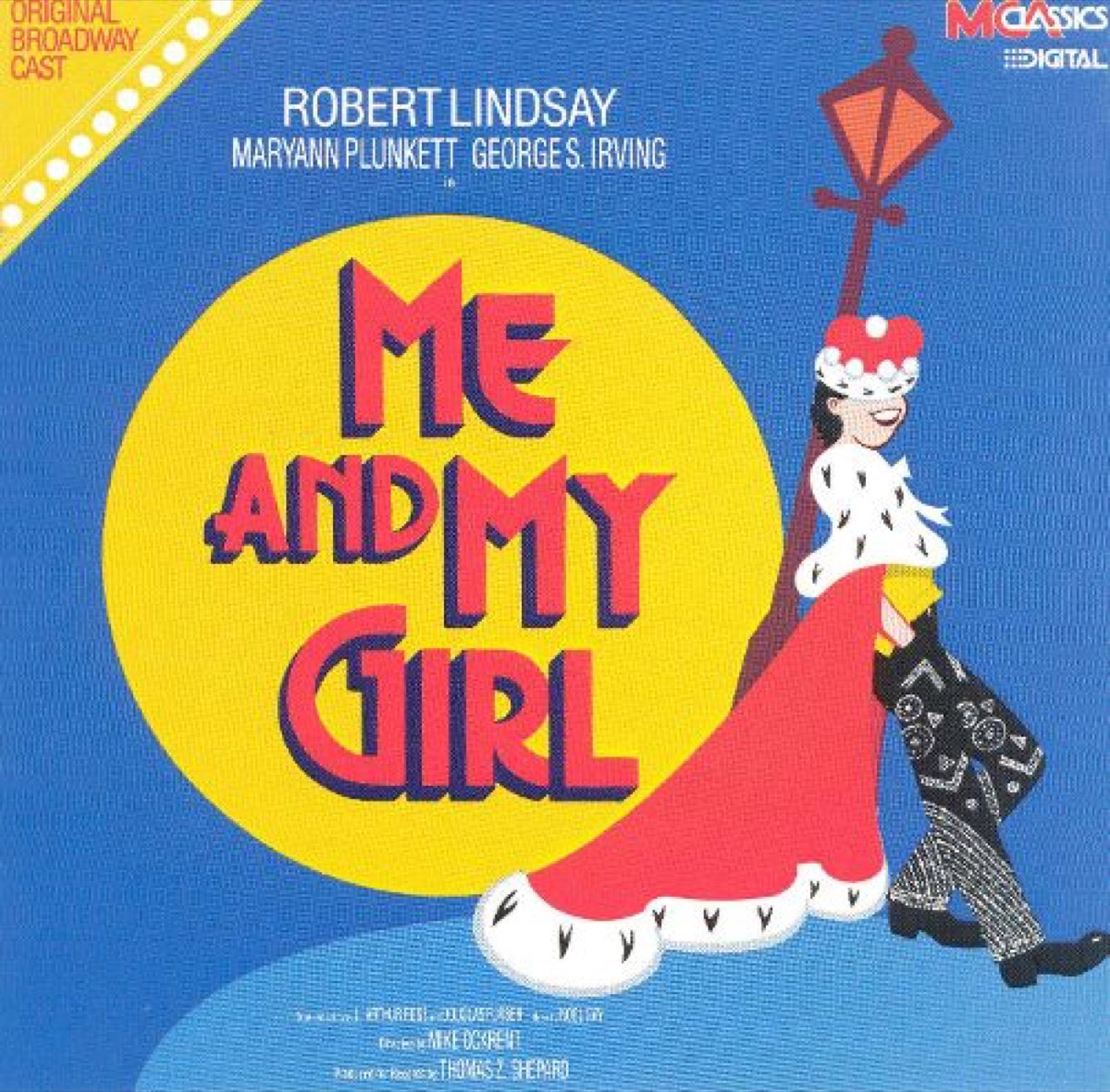
Originating on West End in 1937, Me and My Girl saw two West End revivals in 1952 and 1985 before the production made it to Broadway in 1986. “Strange as it may sound in this modern musical era, Me and My Girl enchants by making us believe once again that there’s no more wonderful reason to sing and dance than the love between a guy and his girl,” Rich wrote in 1986. The simple story won audiences over and it walked away with three Tonys in 1987. But another new musical was dominating the scene.
1987: Les Misérables

Based on the Victor Hugo novel of the same name, the global phenomenon Les Misérables first opened in London in 1985 and has been there ever since, making it the West End’s longest-running musical. When it debuted, many critics gave it less than stellar reviews. However, public opinion seemed to greatly disagree, and soon, Les Misérables made its way to Broadway in 1987, outdoing Cats’ record-breaking sales. Les Mis collected $11 million at the box office before opening night and went on to dominate the 1987 Tony Awards with eight wins, including Best Musical.
1988: The Phantom of the Opera
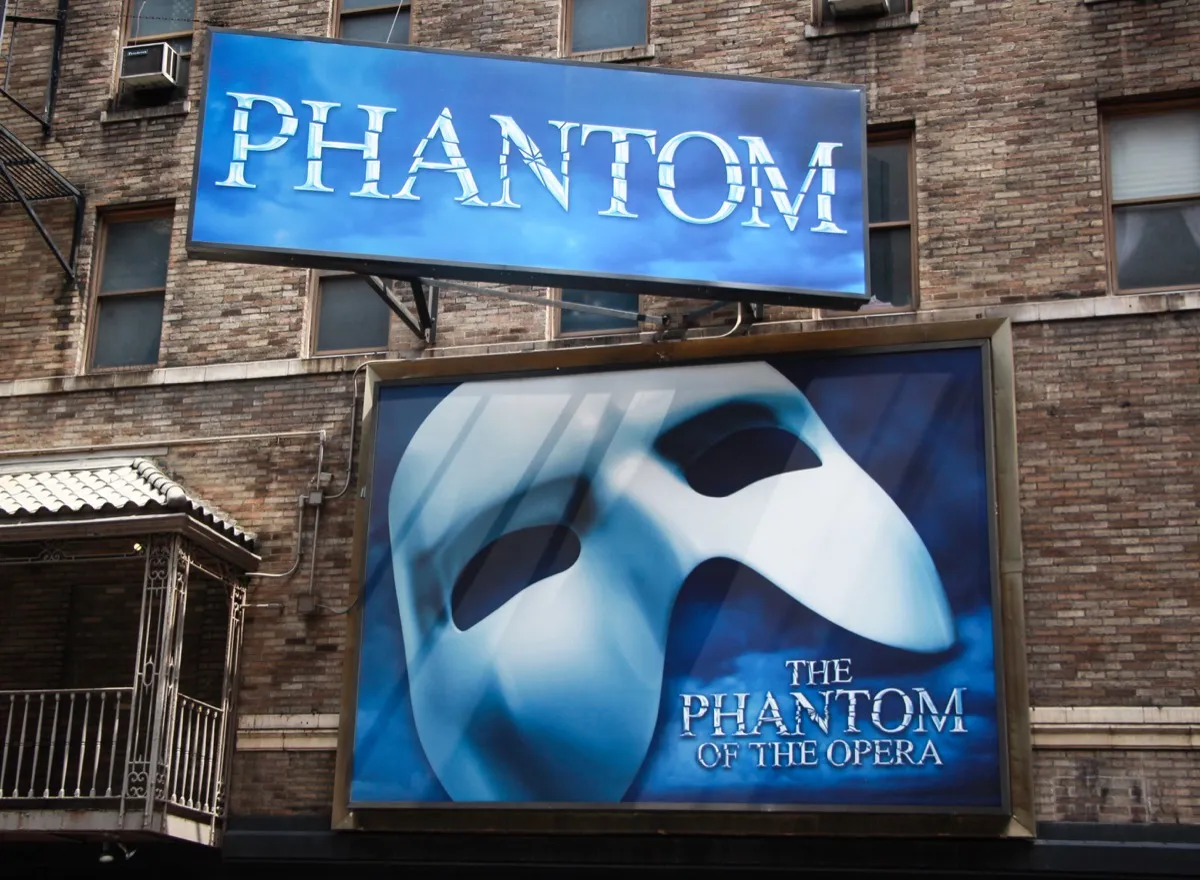
Lloyd Webber’s The Phantom of the Opera opened in the West End in 1986 and then on Broadway in 1988. It’s still running in both cities, making it Broadway’s longest-running show and the West End’s second longest-running, next to Les Mis. Unlike Les Mis, however, Phantom opened to mostly positive reviews. “It may be possible to have a terrible time at The Phantom of the Opera, but you’ll have to work at it,” Rich wrote. The musical grossed $26 million in its first year, and has gone on to bring in more than $1 billion, making it one of Broadway’s highest-grossing productions of all time.
1989: The Heidi Chronicles
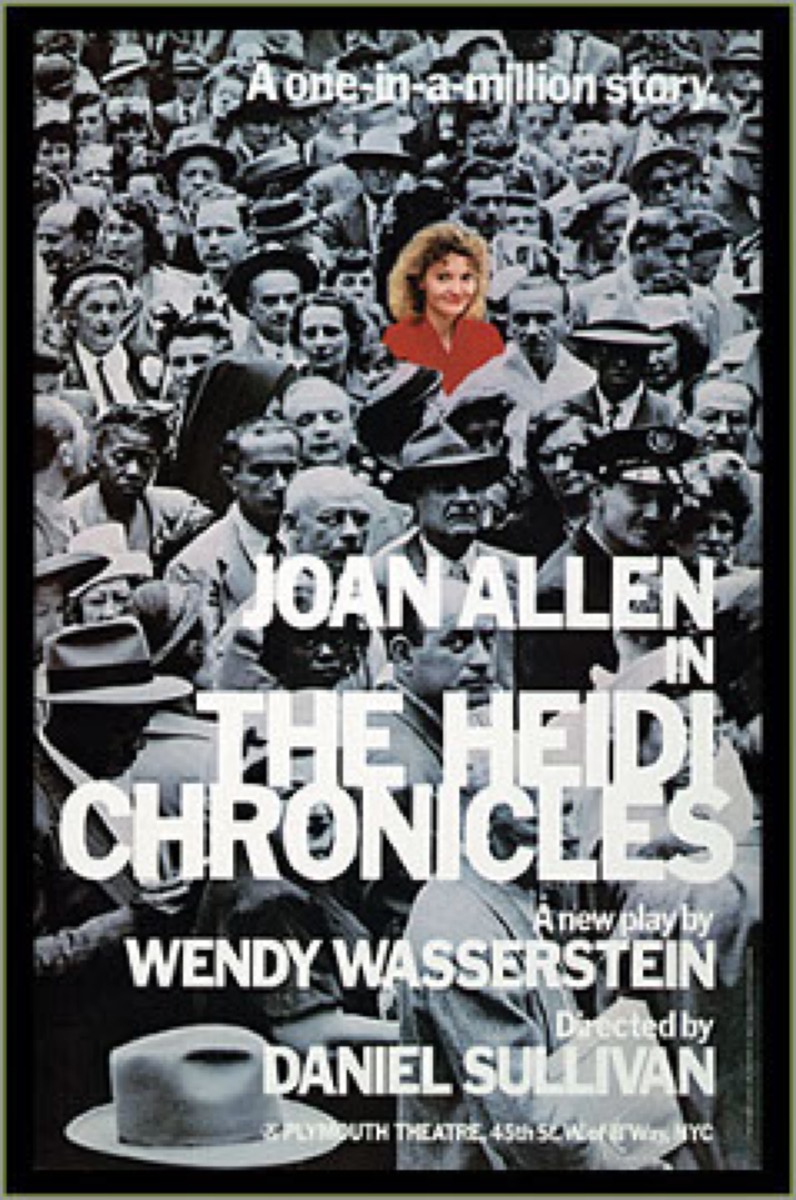
The Heidi Chronicles, a 1988 feminist play by Wendy Wasserstein, opened on Broadway in 1989. The show, which explored issues of feminism and gay rights, garnered praise from critics. The New York Daily News called it “not just a funny play, but a wise one.” The Heidi Chronicles won the 1989 Pulitzer Prize for Drama and the 1989 Tony Award for Best Play and garnered the attention of theatergoers everywhere. Though it’s not considered the timeless classic many other shows you’ve read about here are, The Heidi Chronicles truly captured the public during its time—so much so that the first episode of Seinfeld in 1989 was called “The Seinfeld Chronicles.”
1990: City of Angels
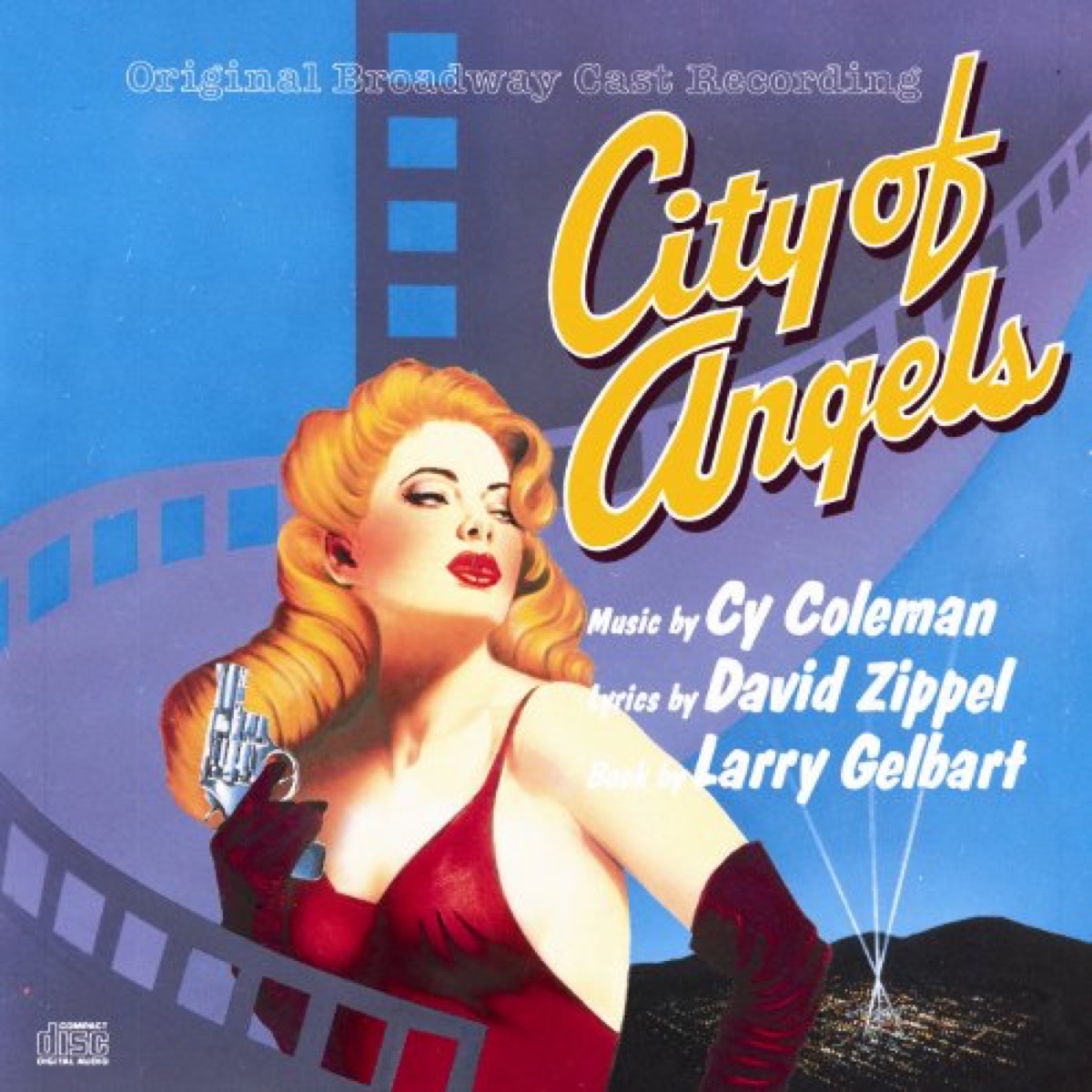
The City of Angels musical paid homage to the 1940s film noir genre. When it opened on Broadway at the end of 1989, it featured no big stars and was met with mixed reviews. But sometimes one review, especially when it comes from The New York Times, can save a musical. Rich praised the musical, which was only taking in around $18,000 a day in advanced ticket sales. The day after Rich’s review was published, the box office jumped to $324,700. Rich seemed to have been on to something, as City of Angels walked away with six Tony Awards in 1990, including Best Musical.
1991: Miss Saigon
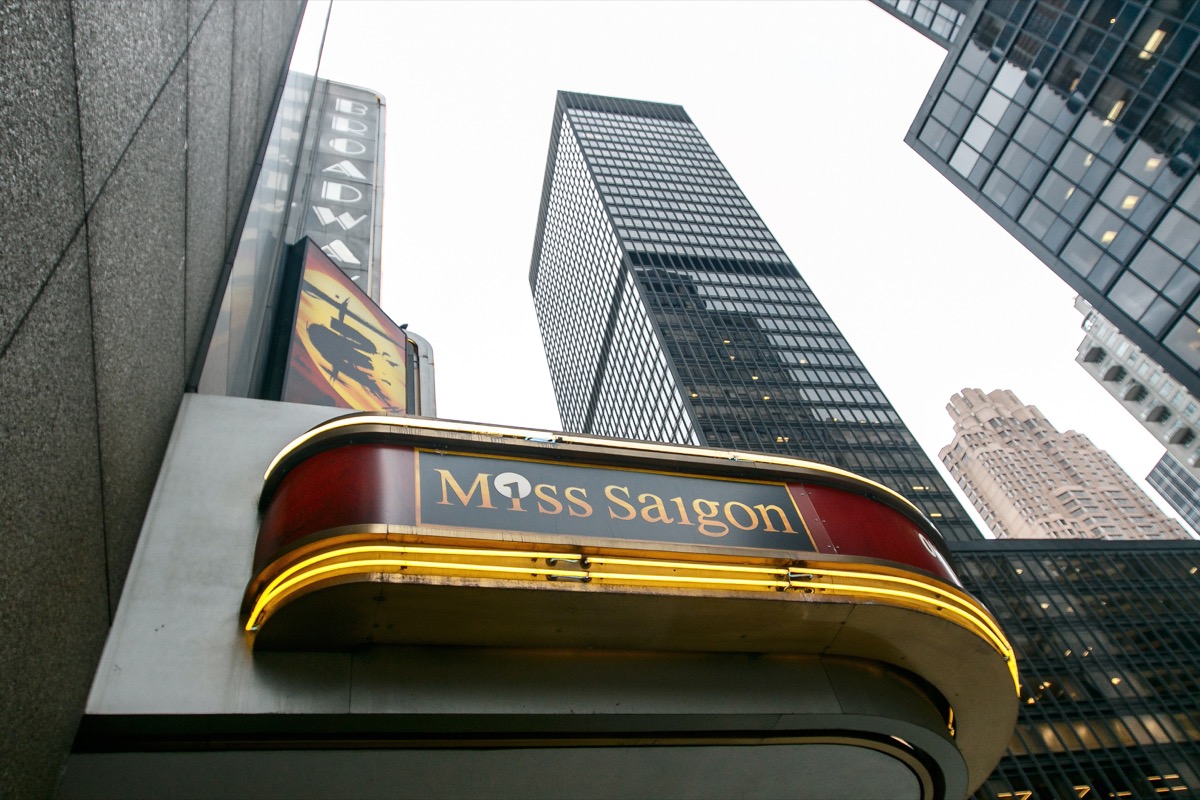
After a successful 18-month run on the West End, and despite controversy over casting, Miss Saigon opened on Broadway in 1991. The buzz was so strong, the musical sold a record-breaking $37 million in advanced ticket sales. And, even with the highest ticket price for a musical at that point ($100!), nearly 6 million people went to see Miss Saigon. It grossed more than $266 million in its first year alone. The musical was the second massive success for composer Claude-Michel Schönberg and lyricist Alain Boublil, who were also behind Les Misérables. Despite its clear commercial success, Miss Saigon ended up losing the 1991 Tony for Best Musical to The Will Rogers Follies.
1992: Crazy for You
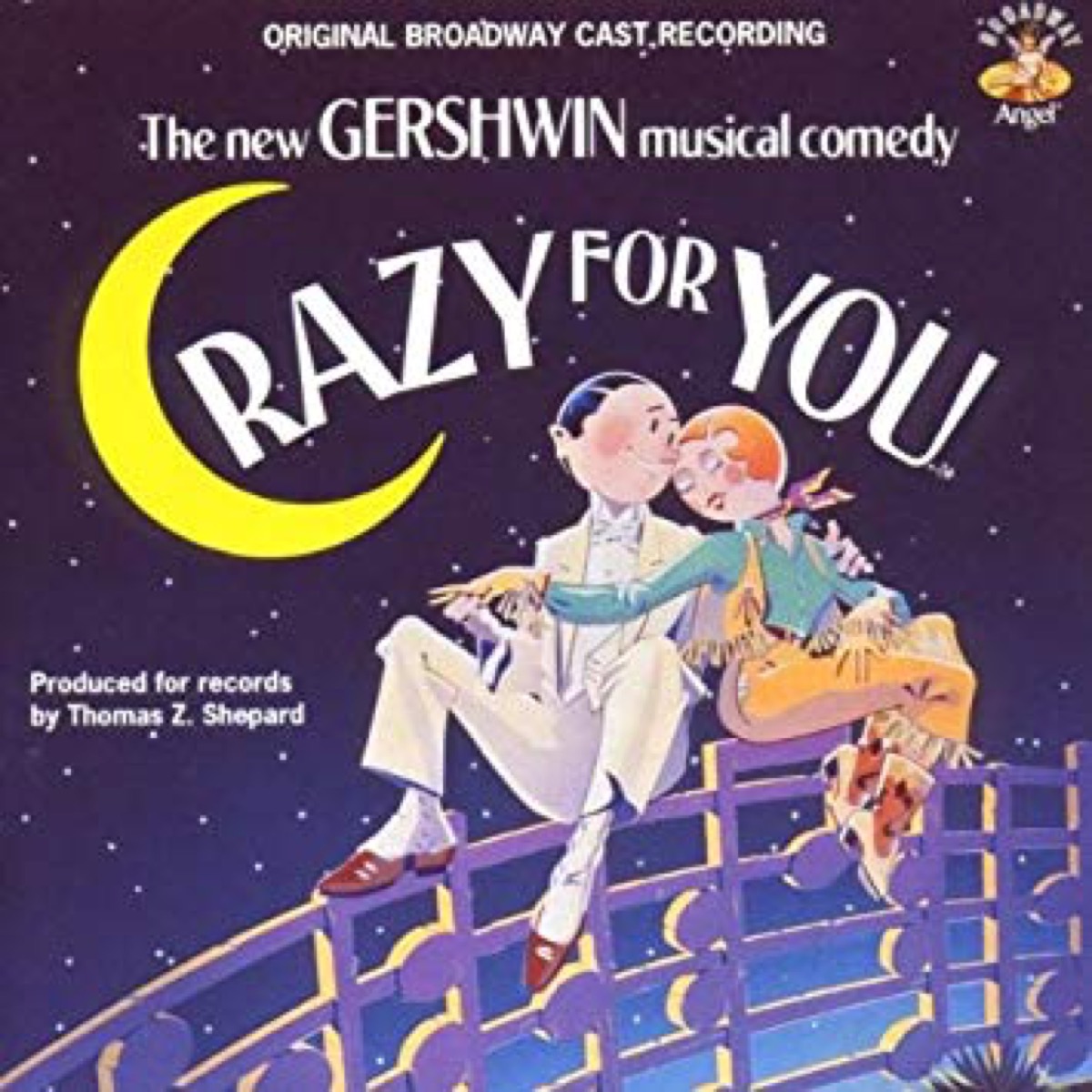
Crazy for You is Ken Ludwig’s 1992 musical adaptation of classic George Gershwin songs, telling the story of a banker sent to foreclose on a theater property, only to fall in love and try to save it. It opened on Broadway in the beginning of 1992 and ran for almost four years and more than 1,600 performances.
“When future historians try to find the exact moment at which Broadway finally rose up to grab the musical back from the British, they just may conclude that the revolution began last night,” Rich wrote following Crazy for You’s opening night. “Crazy for You uncorked the American musical’s classic blend of music, laughter, dancing, sentiment and showmanship with a freshness and confidence rarely seen during the Cats decade.” (Sorry, Cats.) With raves like that, it’s no surprise Ludwig’s musical ended up walking away with the coveted Tony Award for Best Musical in 1992.
1993: Angels in America
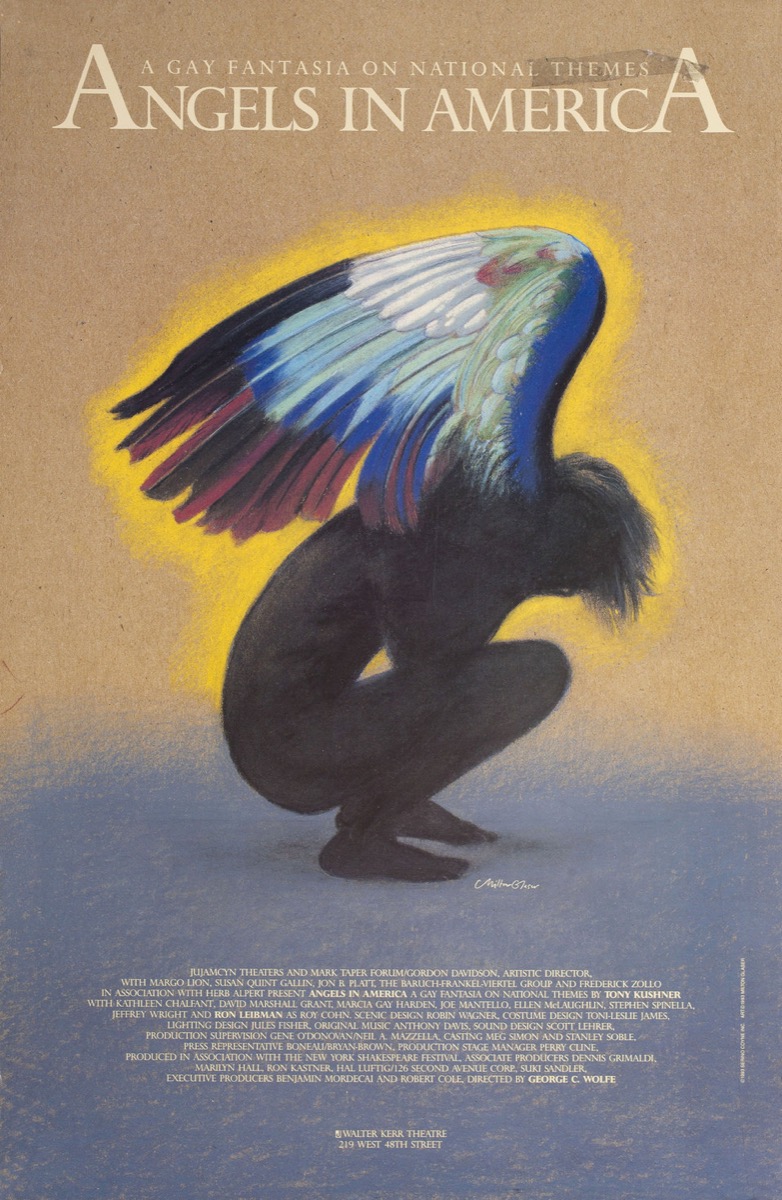
Tony Kushner’s Angels in America centered on the AIDS crisis. It was broken up into two parts, and as a result, it won the Tony Award for Best Play in both 1993 and 1994, Millennium Approaches first and Perestroika second. Angels in America has seen many adaptations over the years, including an HBO miniseries which won both the Golden Globe and Emmy for Best Miniseries. Dan Odenwald of Metro Weekly wrote that Angels in America was “one of the most important pieces of theater to come out of the late 20th century.”
1994: Passion
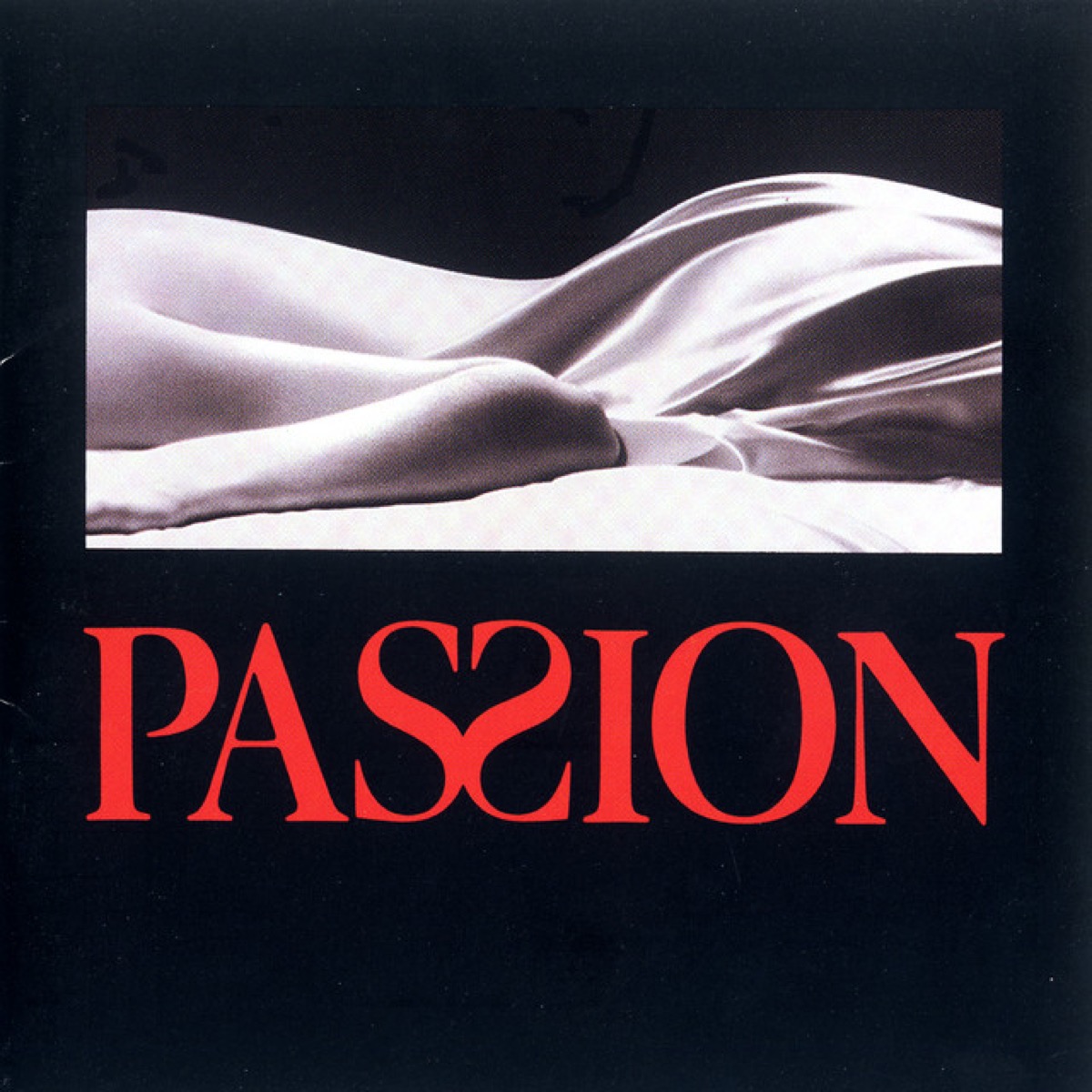
Passion is a one-act musical from Sondheim, an adaptation of the 1981 Italian film Passione d’Amore. Sondheim was already revered for his works like Company, Sweeney Todd, and Into the Woods, so it was no question that audiences would be clamoring to see his new production. The show only ran for 280 performances, but it still won the Tony for Best Musical in 1994—making it the shortest-running show to ever win the coveted award.
1995: Sunset Boulevard
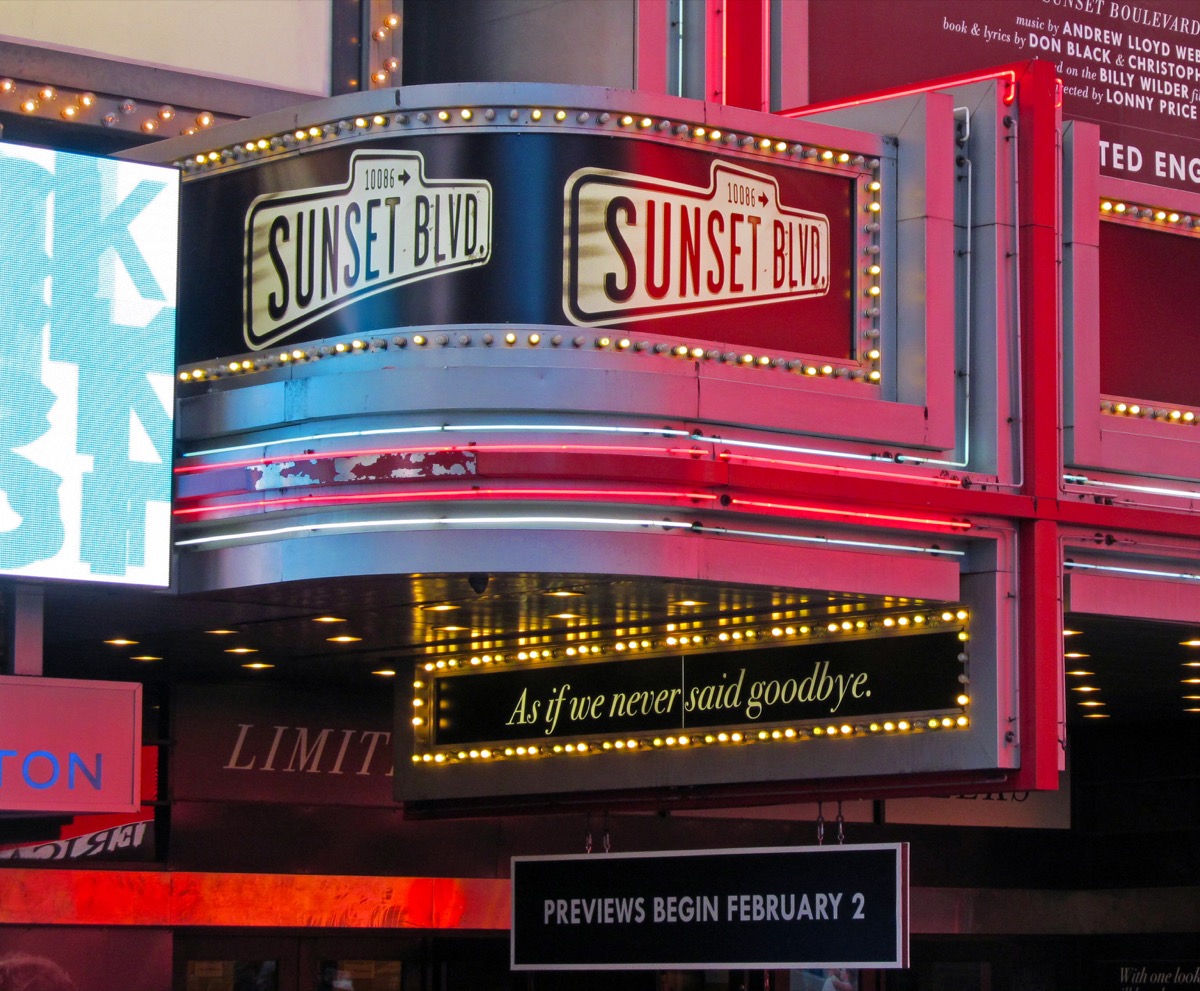
Lloyd Webber’s Sunset Boulevard first opened in London in 1993, and then on Broadway in 1994, drawing upon the 1950 film of the same name. Two notable actresses originated the main role of Norma Desmond—Patti LuPone in West End and Glenn Close on Broadway. By the time it closed its doors on Broadway in 1997, the show had made $12 million. Sunset Boulevard ended up taking home seven Tony Awards in 1995, including Best Musical and Best Original Score.
1996: Rent
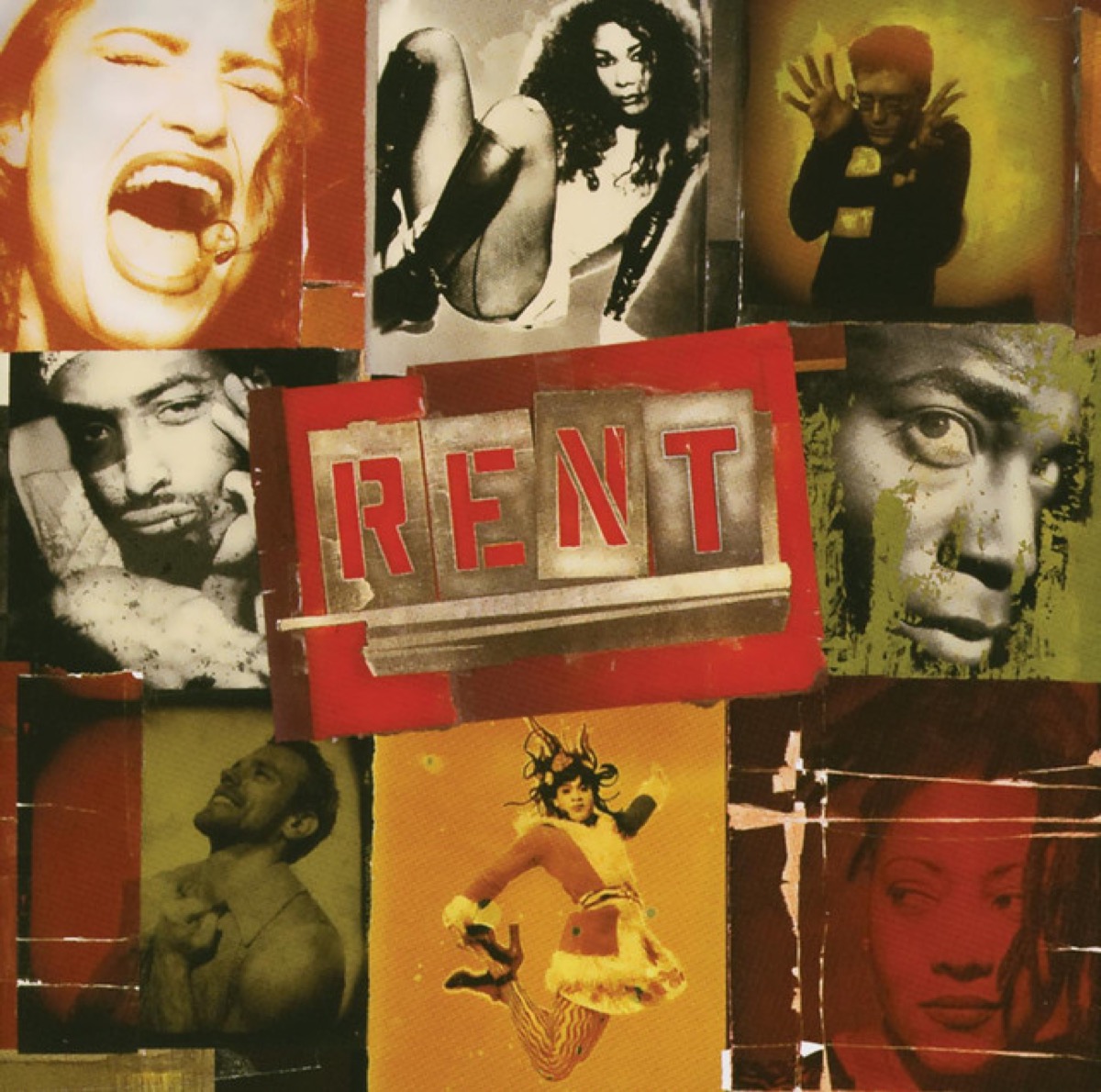
It had been nearly 10 years since a musical became a global phenomenon (The Phantom of the Opera in 1988) and composer and playwright Jonathan Larson was ready to change that with Rent. Loosely based on the opera La Bohème, the musical opened on Broadway in 1996 following a sold out Off-Broadway run. With such high audience demand, Rent moved to the Nederlander Theatre, where it continued to sell out, show after show. It won four Tony Awards in 1996 and was eventually adapted for the big screen in 2005 (featuring most of the show’s original cast members) and for live TV in 2019. But its biggest success has been remaining a fan favorite to this day.
1997: Titantic
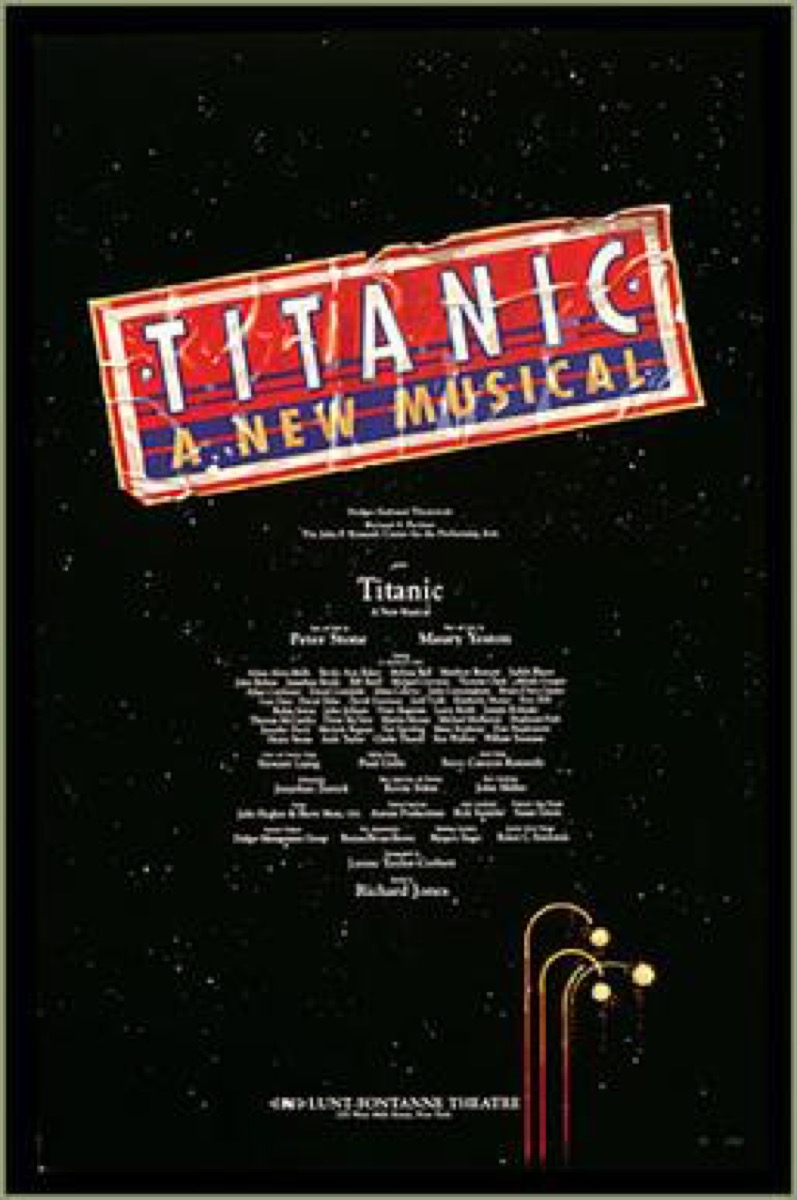
Before the tragic historical event became a huge hit movie starring Leonardo DiCaprio and Kate Winslet later that year, Titanic made waves as a Broadway musical in 1997. Critics did not believe in the musical’s potential, but their reviews did not stop the show from becoming a box office smash. Titanic ran for nearly two years with 804 performances. It was nominated for five Tony Awards in 1997, and took all of them home, including Best Musical.
1998: The Lion King
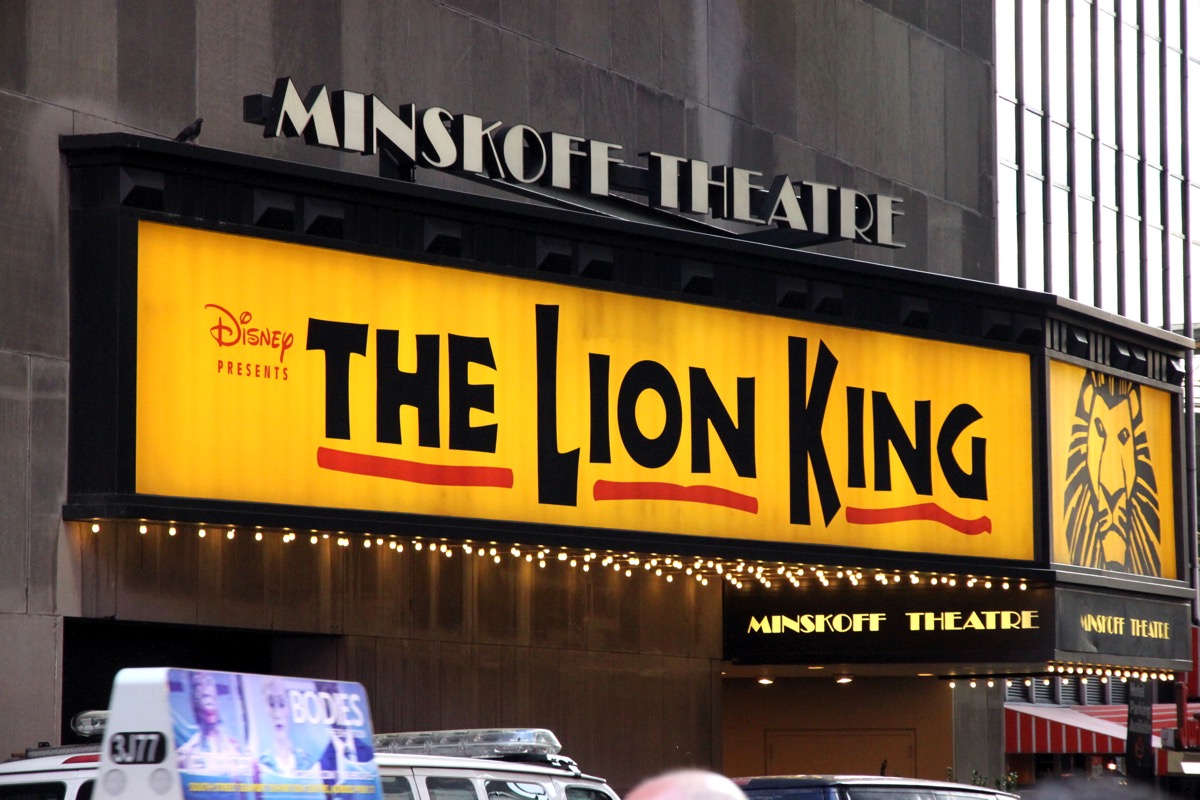
The Lion King is considered one of the ’90s greatest Broadway successes. Based on the 1994 Walt Disney film, the musical, which features music by icon Elton John, debuted in Minnesota before moving to Broadway in 1997. It is still running to this day, with more than 8,000 performances and climbing. The Lion King is currently Broadway’s highest-grossing show of all time, bringing in nearly $1.5 billion.
1999: Fosse
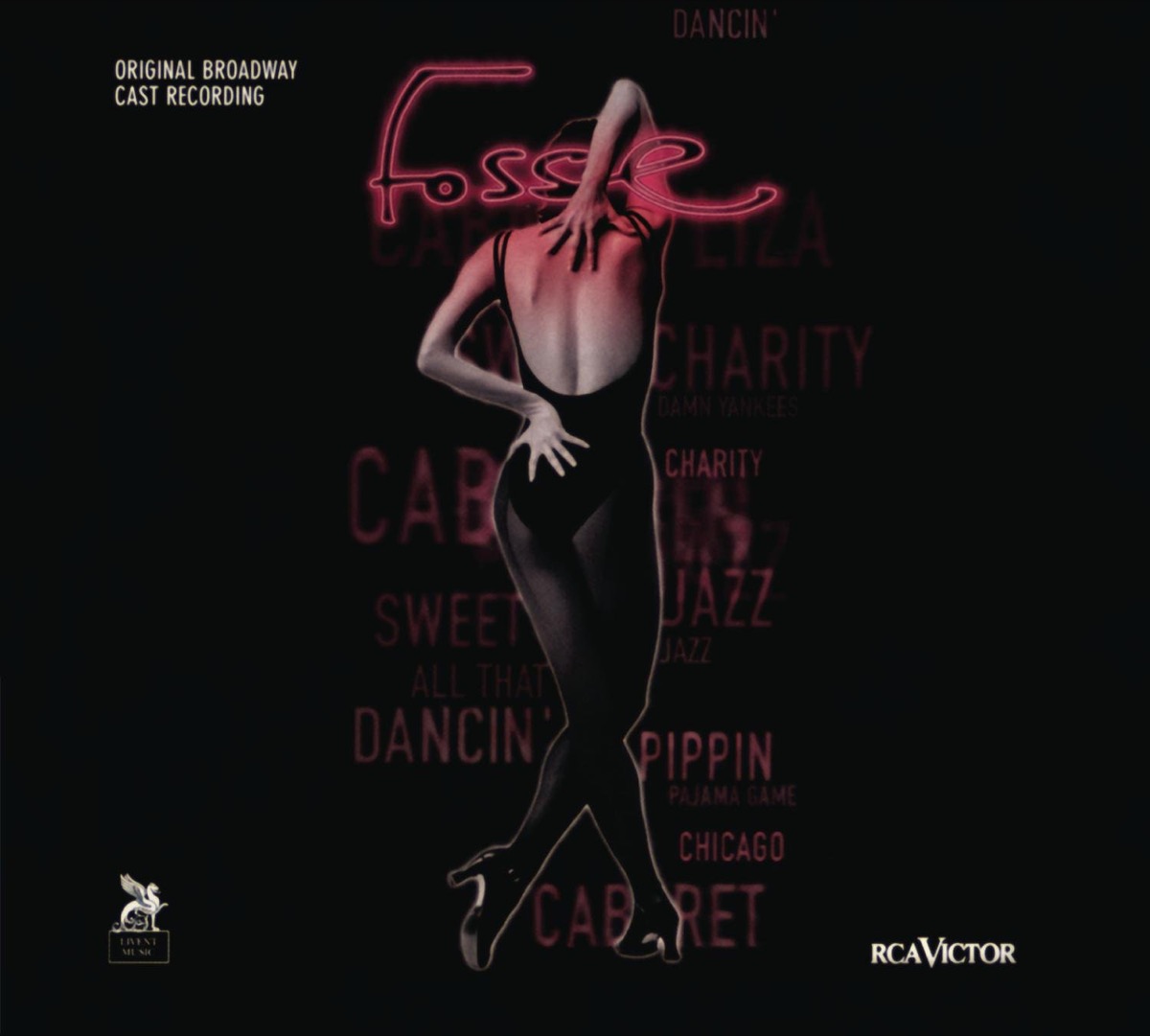
Fosse is a three-act musical paying homage to choreography legend Bob Fosse—an idea conceived by Chet Walker, who performed in many of Fosse’s shows. Fosse was known for his groundbreaking work in Broadway hits like How to Succeed in Business Without Really Trying, Pippin, and Chicago. The musical opened on Broadway in 1999 and had theater lovers clamoring to pay respect to the man behind so many epic moves. Fosse took home the Best Musical Tony Award in 1999, as well as the Drama Desk Award for Outstanding Musical Revue.
2000: Kiss Me, Kate
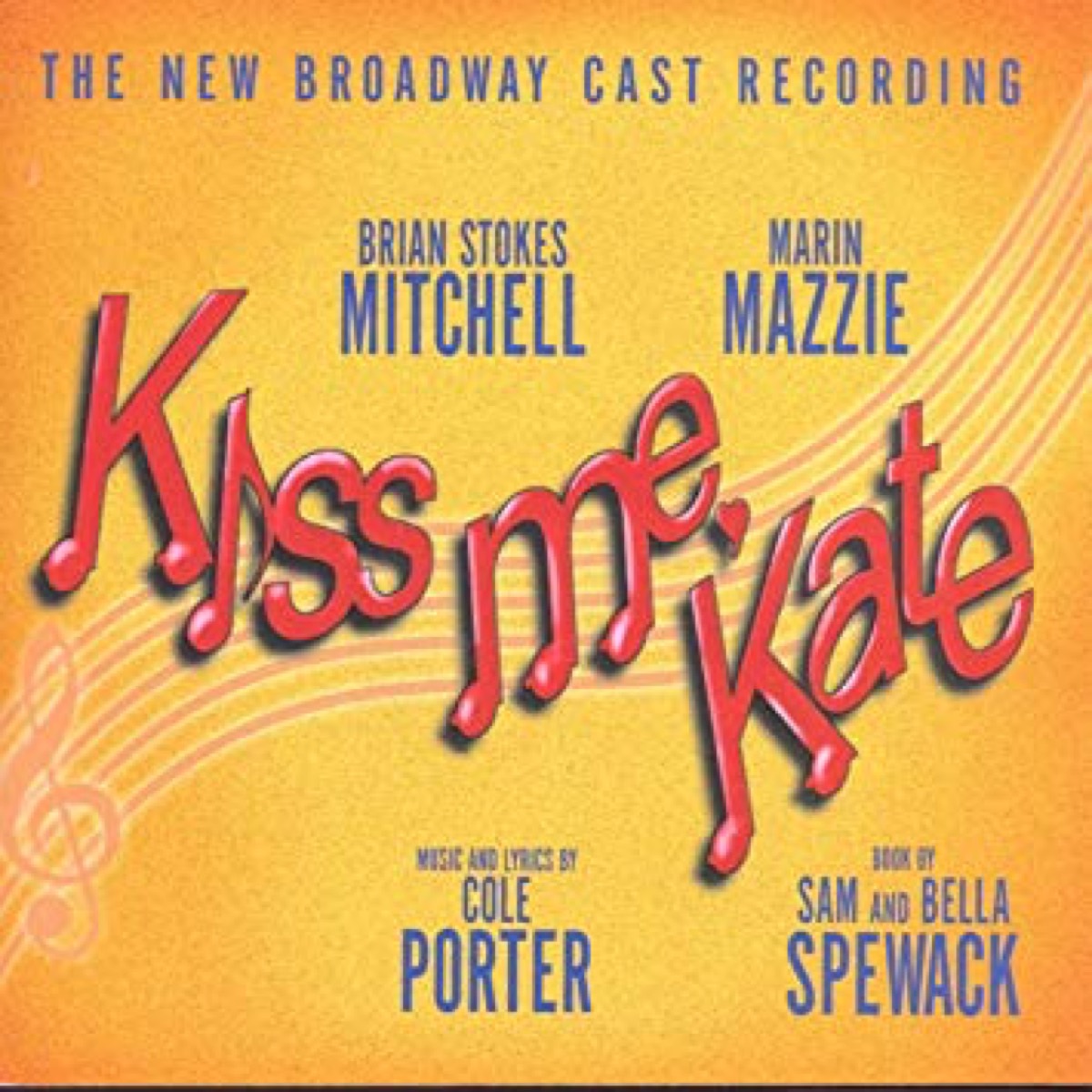
Kiss Me, Kate is an adaptation of Shakespeare’s The Taming of the Shrew and it originally opened on Broadway in 1948. With little competition during the season, its 1999 revival at the turn of the century proved to catch theatergoers’ attention. Charles Isherwood of Variety called the show “adorable magic,” noting “thoughts of the plaguing new millennium recede” when taking in Kiss Me, Kate. The musical won five Tony Awards in 2000, including Best Revival of a Musical, Best Direction of a Musical, and Best Costume Design. And for another chance to look back throughout the years, check out The Most Popular Hairstyle the Year You Were Born.
To discover more amazing secrets about living your best life, click here to follow us on Instagram!